protei
PROTEI in the NY TImes
http://www.nytimes.com/2013/09/29/fashion/a-cruise-on-the-ss-brainstorm.html?_r=0
unreasonable Barcelona
Unreasonable Barcelona: Gabriella Levine & Cesar Harada, Protei from Unreasonable Media on Vimeo.
FUELING INNOVATION THROUGH SHARED TECHNOLOGY
Fueling Innovation Through Shared Technology
-
AUTHOR: Gabriella Levine // CATEGORY: 2013 Event, Blog, Guest, Program, Speakers
Aug
 INNOVATING BASED ON MODELS
INNOVATING BASED ON MODELSTechnology has always been innovated based on other people’s successes, from the discovery that the earth was round, to the invention of the telephone, steam engine, or airplane. And scientists have found resources in biological systems for technological innovations, for example the development of VELCRO modeled after a Burr plant, or SONAR inspired by the echolocation in bats.
OPEN HARDWARE MOVEMENT
 Although patent laws were originally designed to protect inventors’ ideas, patents constrain further innovation. The more that designs and processes can be open and shared, the quicker that innovation can happen.
Although patent laws were originally designed to protect inventors’ ideas, patents constrain further innovation. The more that designs and processes can be open and shared, the quicker that innovation can happen.There are many examples of successful businesses openly sharing software, such as Mozilla and Linux, but the rise of the Open Hardware trend is just beginning. The Open Hardware definition[1] states that it is any hardware whose documentation is made publicly available for others to use, modify, and distribute. This growing trend is founded in the belief that sharing ideas, designs, and methodologies can bring technological innovation and manufacturing mainstream on local and global scales, making it easier to engineer new solutions to complex problems.

Open Hardware projects that facilitate free sharing of documentation, source code, and CAD designs, are an approach to proliferate innovation. Arduino, a platform developed for hobbyists to make electronic prototypes, has expanded the world of hardware development from electrical engineers to artists, hobbyists, and even youth. Open Hardware projects range from industrial machines [open source ecology], 3d printers [RepRap], environmental disaster relief efforts [Protei, Open Relief], and underwater robotics [openROV].
STEALING INFORMATION
As modern technology and the Internet dissolves boundaries between countries and people, even expensive information is getting easier to steal. Evidence of this can be seen from the recent rise of industrial espionage by mostly Chinese University students gaining access into US University and Library material. The recent NY Times Article on the rise of Cyberattacks [2] cites Bill Mellon of the University of Wisconsin saying, “We get 90,000 to 100,000 attempts per day, from China alone, to penetrate our system”.
China is a special mecca for hackers. Companies employ hackers to spy on competitors’ trade secrets, and Chinese universities partner with corporations to sponsor hacking competitions that army talent scouts attend. China’s rapidly accelerating economic growth and extreme rate of production, as well as the immense pressure to publish research papers explains the intensity of cyber-hacking in academics and business. For instance, 31% of the publications Journal of Zhejiang University–Science were deemed to be plagiarized[3], .
SHANZHAI
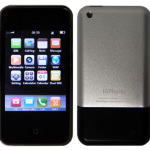 A very interesting trend has sprouted from China’s copycat culture, called Shanzhai, literally meaning “Mountain Fortress”[4]. Shanzhai refers to a cluster of about 300 “underground” factories tucked away in the mountains of Shenzhen, China. These factories rapidly produce cheap knock off consumer electronics such as watches and iPhones. Brand names include NOKLA (Nokia knockoffs) and Hi-Phone (iPhone copycats). Although quite secretive and hard to access, Shanzhai is not a small operation: by 2010, Shanzhai cell phones took 20% of the 2G market[5].
A very interesting trend has sprouted from China’s copycat culture, called Shanzhai, literally meaning “Mountain Fortress”[4]. Shanzhai refers to a cluster of about 300 “underground” factories tucked away in the mountains of Shenzhen, China. These factories rapidly produce cheap knock off consumer electronics such as watches and iPhones. Brand names include NOKLA (Nokia knockoffs) and Hi-Phone (iPhone copycats). Although quite secretive and hard to access, Shanzhai is not a small operation: by 2010, Shanzhai cell phones took 20% of the 2G market[5].SHANZHAI and OPEN HARDWARE
There are many similarities between Shanzhai and the Open Hardware community. Both Shanzhai and Open Hardware projects borrow information, tools, source code, CAD files, and techniques; both improve upon other’s work to accelerate development.
What differentiates Shanzhai from Open Hardware projects is that it doesn’t build upon the work of others for increased innovation, but it exactly copies it and prices it lower.
BORROWING FROM NATURE : OPEN SOURCING BIOLOGY
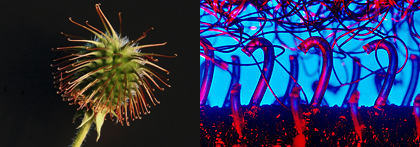
Not only does technology proliferate by building upon the innovation of others, but drawing inspiration from biological processes has also refined technological innovation. In contemporary times of extreme technological advancement, social infrastructures (Facebook, Google, Yahoo) are built upon sourcing individual data to inform collective intelligence. Redesigning urban frameworks for efficient transit options is becoming increasingly critical due to growing urban populations. Therefore, looking to biology for influence for organizing emergent intelligent systems is increasingly crucial for design considerations.
Biomimicry as used in design and engineering takes the form of copying a form and function (like the use of a fin for swimming), modeling principles occurring in nature (such as aerodynamics for flight), or mimicking organizational principles (modeling online social networks on ant colonies). A pivotal example of biomimetic design is the experimental IBM computer chip, released in 2011, that emulates the human brain’s cognition.
Using complex yet efficient biological systems as a model and a mentor for design and engineering solutions parallels the way that Open Hardware projects can increase innovation potential through building upon effective past work.
EXPLORING BIOMIMETIC DESIGN: BIOMIMICRY AND OPEN TECHNOLOGY IN ACTION
I just returned from teaching a 2 week course at CIID (Copenhagen Institute of Interaction Design)[6] in Denmark. With the use of open source electronics boards and modular code libraries shared online through open source communities (such as Adafruit, Sparkfun, and DIYDrones), the students’ projects were able to reach great levels of sophistication, conceptually and technologically, in a short amount of time.

City Pulse, a final project in the summer course, a data-driven real-time interactive projection based on the people’s motion
This rapid innovation is possible when communities and individuals willingly donate R&D online, making available modular code libraries and hardware toolkits for affordable prices. Through open source sensor distributors, like Sparkfun and Adafruit, the prices of the sensors, (ie for temperature, humidity, acceleration, barometric pressure) are super affordable ($10 – $30USD). In just two weeks, people who had never built electronic circuits, never programmed a microcontroller in the programming language C, or never made real-time interactive computer graphics, were able to map their bike routes with GPS sensors, 3D-print prototypes to manufacture, develop a system for bacteria to harness energy based on people’s twitter feeds, design reactive screen based projections based on sensor data from people’s motion, and prototype robots to collect trash.
Explore more about the class here.
Sources Cited:
[1]http://freedomdefined.org/OSHW
[2]http://www.nytimes.com/2013/07/17/education/barrage-of-cyberattacks-challenges-campus-culture.html
[3]http://www.nytimes.com/2013/05/23/world/asia/in-china-hacking-has-widespread-acceptance.html
[4] http://patterns.ideo.com/issue/shanzhai/
[5] http://uk.finance.yahoo.com/news/bandit-phone-king-has-the-last-laugh-ftimes-34bef9cc11fc.html
[6] http://ciid.dk/education/summer-school/ciid-summer-school-2013/biomimetic-interfaces/
Fishing in ghana
more here:
http://unreasonable.is/video/vignette-short-videos-timelapses-from-ghana/
Unreasonable Morocco: Protei Hackathon
http://unreasonable.is/video/episode-12-proteis-hack-a-thon-in-morocco/
PROTEI HACKATHON

|
||
|
>> INSCRIPTION >>EVENT
>> PROGRAMME >> GITHUB >> A3 >> A6 |
|
|

|
||
       |
||
Unreasonable at Sea day 76: on sponsorship
Today we spent most of the day trying to revise our 2-pager but eventually ended up mostly working on our vision and financials. At this point I am having trouble remembering what we did else that day but I will come back to it. I know we talked with Ben Boeser, Laura, and Shawn from Microsoft about sponsorship. But there must have been other fun stuff that happened on the ship.
Unreasonable at Sea day 77-83: Cape Town, South Africa
DAY 77: Arrival
Today we arrived in South Africa. In the morning we went over the schedule of events. Then eventually we arrived and begun our journey.
There would be many goodbyes to mentors / learning partners as many people were getting off the ship: CAROLINE; COLMAN; BEN; KAMRAN; SHAWN; REHAN
We met Sean for lunch who runs Unknown Union, a design and fashion shop, or international collective. It’s pretty cool. We had lunch nearby and eating real food and vegetables was so nice.
We picked up a rental car from Avis, and although we asked for the cheapest available option, we ended up getting a nice yellow Fiat convertible. It was Easter week so I believe that most of the cars were taken.
The Koeberg Nuclear Power Plant, is currently the only commercial one in the country, and the sole commercial one in the entire African continent.

We drove to Koeberg Nuclear Power Plant but every road we tried to enter on, we got blocked off. But there is a Nature Reserve right next to the power plant, in essence, protecting the land around it. But the Nature Reserve was closed after 4 PM, so we would return in the following days. Instead, we went to the beach and tried to swim in the freezing cold water.
In the evening, we headed over to the house of NIKE Foundation, for a party near the beach, there.
CAMPS BAY ST. YVES BEACH CLUB, THE PROMENADE, VICTORIA ROAD
DAY 78: PROTEI WINS SAP PITCH EVENT
The event was really interesting, a great mix of people, including a number of SAP leaders, businessmen, environmentalists, activists, and creatives. We presented our pitch, in the operatic style that we had prepared, and although experimental, it went over really well.
Protei ended up winning the award for the best pitch, which was awarded with an amazing dinner a few nights later with superstars such as Prince Fahad of Saudi Arabia, KamRan, Matt Mullenweg (founder of Facebook)…
Then we had dinner at La Colombe, which I heard is the # 1 restaurant in South Africa. It was surely very fine food.
Day 79: Shuttleworth Foundation, Woodstock Studios, Moyo
We head to the Shuttleworth Foundation in the morning.
Then we head to Woodstock, to meet Ralph Borland. His studio is amazing and we met some guys working in the same studio complex, from Thingking. They’re doing super cool work:
And the hooked us up with some really great folks we met the next couple days.
Day 80: Koeberg Nuclear Power Plant, UTC Electrical Engineering,
Stellenbosch Concert
We head back to Koeberg to try to see what it was all about, what the nature reserve is doing there, and to try get some radioactivity data from the ocean surface.




We went to the University of Cape Town, Electrical Engineering Department to meet Robyn Verrinder.






We went to see Paul play music at a bar / music venue in Stellenbosch.


Day 81: Joe from North Sails, RLabs, Dinner with Prince Fahad & Matt Mullenweg
We went to Kalk Bay Cape Town to meet Joe, who works at North Sails, who was Marc’s friend.




Bridge Town & RLABS:
Day 82: Moving Sushi, mapping coral reefs & departure from Cape Town
We met with guys from Moving Sushi, who had just returned from a 5 month voyage called Marine Transect , where they sailed around the African coast lines mapping coral reefs and fish using stereoscopic video technology made by Sea GIS.
It was amazing hearing about their journeys and their research, and gave me much insight into using / developing stereoscopy for research and science.
Then we head back to the ship but on the way had one of the best cups of coffee I’ve ever had, award winning from Rwanda. And we ate an amazing feast of fruit, cheese, and bread from the NewTown Bakery where we took breakfast.


Unreasonable at Sea day 75: the Opera
I hung out with Emma again, and showed her some of my work. It’s rare here I get to chat with anyone about conceptual work so it was nice.
The weather also has cooled immensely.
I’m still trying to download the adafruit Occidentalis disk image to begin using Raspberry Pi but 0.9 megabytes being downloaded on this ship is totally impossible

Workshop with Kamran and Caroline on leading and organizing companies
Caroline’s 10 top tips on Team Building
1.do what you do best: BE CLEAR WHAT YOU”RE GREAT AT
2. Only the best : always recruit people better than you
3. fIT OVER FUNCTION
4. keep the people that SHARE THE VSIOSN : also, get clear what is the vision
5. MIX IT UP: as in gender and other
6. Plan Dinner (you have to enjoy who you are spending time around people you work with)
7. Let them run (hard to do but have to let peole have their freed and give feedback and have checkins)
8. 1×1=4 – the concept of the multiplier – a multiplier of talent vs the opposite
9. laugh a lot
KamRan on startups:
How do you hire the definition of best? first you have to understand their environment – startup – change, inertia, layers of management –
– in astart up you’re immersed with others who are making decisions AS fast as you are, no time for analysis. It is full of highs, full of lows. Revenue is plotted in a jagged line, but if you plot it monthly, it is full of ups and downs; The higher resolution, the quicker are the spikes at rapid fire.
1. characteristics: highly intelligent – need smart people to solve hard problems
2. smart person will find a solution sooner or later
unfortunately finding a solution and having it become real, there is a huge gap , so PERSEVERENCE is key
3. problem – lots of ups and downs – if you find out when it is happening and start to look for solutions when it turns around quickly – if you don’t know about it , and no one talks about the problem, it take s awhile – so HONESTY is important
Moshe and I continued to work on Aprisi website idea (connecting artists with people’s homes to make curated works). Then Cesar and I chose some music for our pitch delivery in South Africa – we were basically writing an opera, not a pitch.
I spoke with Ivana and it was really great to do that.
Unreasonable at Sea day 74: Umshini Wam, preparing for Cape Town
Today we had a workshop on our pitches. We got some really good feedback. Cesar and I ended up redoing our slides. It is going to be epic. We composed an opera, not a slide deck…
We were also introduced to Ed Sobey who is going to act as our new mentor. He is the oceanography professor who can do 27+ pullups. He has written many books, “The way toys work” and 26 other books, and his life mantra is: Live Curious
Pitches, a workshop by Shawn Wright, from Microsoft Xbox Kinect Creative Director
1. name and co
2. driving idea – big vision, OLC – everything supports this (wholistic vision)
3. why do we need this? don’t get caught up in details; take audience on a journey –
4. how are we going to do this – yes, it’s possible i’ll show you how ; why is this important
5. FEATURE A:
6. FEATURE B.
7. Feature C: what is the magic, this is the KYEY difference between other things
8. GO BACK : to your holistic picture:
9. TIMELINE
10. COMPETITION – why you are different; what is there opportunity in this space
11. BUSINESS MODEL
12. WHAT WE NEED: what is your ask? what do you want them to walk away with – keep it clean and simple, what do YOU need to make it successful (the seinfeld effect – take it around to people, see how they react)
14. Questions
In the evening, Moshe walked me through the website layout and we made a plan for the next couple days: write out the “transactions” that occur between the customer and client, and the entire web experience; in preparation for the next day to draw out a wireframe for the entire website. Cesar and I had a meeting with Bill from Dragon Innovations which was extremely helpful into the nuances and challenges we will have to deal with when it comes to manufacturing.
Then Cesar and I worked through a new slide deck, watched some Die Antwoorp do get into the mood for South Africa.
SO GOOD.
Umshini_Wam-1920×1080 from Hertoghe on Vimeo.
Unreasonable at Sea day 73: we’re gonna die young
At 3:00 AM we were supposed to have a meeting with Bill from Dragon Innovations to talk about manufacturing in China. He had to postpone the meeting so I ended up going back to sleep in the Glazer Lounge for another few hours, although at about 4 AM the staff came and cleaned it up, but it didn’t last for too long. Then at 6 AM, Moshe and I had a meeting via Skype with Tom and Lucille to prototype the Art Commission website, called Aprisi, that we are working on together. It was a good meeting. I skyped with Jack about the possibility of applying to the Science Gallery show, Illusions, and it was super to chat with him. I went back to sleep for an hour, then woke up to have a meeting on deck 5. Little did I know that the pull up contest was happening now, and I wish I’d have been there to represent team Luna-Sea (ie the staff and faculty team).
Today was the Olympics. That means that lots of people, all day were participating in shipwide competitive events, including “frozen tee shirt contest”. It was an extremely nice day to remain in the classroom 1 and work quietly on a lot of work. At the end of the day, Cesar was displaying the movie WE ARE MANY in the Union for the students. After, I went to the toocan lounge and danced to K3$HA or whatever. It was good.
Here’s some of what I worked on besides Protei and a bit of grant writing and preparing work etc..
Basically just getting opencv working with Cinder and messing around with some of the cinder examples, OSC, etc.
In order to install OpenCV for Cinder, navigate to your /blocks directory:
gabriellas-MacBook-Air:~ gabriellalevine$ cd /Users/gabriellalevine/Documents/cinder_master/Cinder/blocks
Then do :
gabriellas-MacBook-Air:blocks gabriellalevine$ git clone git://github.com/cinder/Cinder-OpenCV.git opencv
Cloning into 'opencv'...
remote: Counting objects: 1217, done.
remote: Compressing objects: 100% (638/638), done.
remote: Total 1217 (delta 596), reused 1101 (delta 480)
Receiving objects: 100% (1217/1217), 175.04 MiB | 21 KiB/s, done.
Resolving deltas: 100% (596/596), done.
gabriellas-MacBook-Air:blocks gabriellalevine$
This took me 3 tries and 24 hours because of the slow internet, but finally I got it installed and can begin to work with Cinder OpenCV. I wonder if I will want to continue to use Kyle’s OpenFrameworks OFxCV rather than cinder’s opencv, but I’ll mess around with them both and figure out which platform will support what I am trying to do.
I also found out who is on our network, because they are deciding that students have been hijacking our internet (and we’re about the change the password).
To do this, I : 1. installed homebrew:
ruby -e "$(curl -fsSL https://raw.github.com/mxcl/homebrew/go)"2 installed nmap;
gabriellas-MacBook-Air:blocks gabriellalevine$ brew install nmap
3. sudo nmap -sn 10.200.10.0/24
Unreasonable at Sea day 72: Identity Crisis
In the morning, Cesar went to the Arch’s last-minute Fireside Chat in order to try to ask him some questions pertaining to the film,
At 11:30 we met with Kamran and chatted until workshop at 13:00.
two pager deep dive with Colman and Kamran: honing in on Protei’s identity
We have some feedback and things to work on, mainly too cluttered towards the second page, the images need to be sexier, the logo looks like a Mexican hat, etc.
The biggest takeaway : What is the BIG ONE LINE CLAIM? that is universal, powerful. Also, perhaps a 2 tiered approach to the business model: we are selling hobby / play / leisure market in order to eventually sell to corporate, gov’t, to have environmental impact, big data. So two tiered approach to reach our goal of environmental cleanup.
work in the glazer lounge
In the evening, most of the ship was preparing to get ready for the BIG OLYMPIC GAMES. I stayed in the Glazer Lounge working, and ended up staying there all night long, as it was an awesome spot to do work as well as have a beer.
There are some grants we are working on, and follow up from the 2-pager workshop.
Some screencaptures from the work i started:
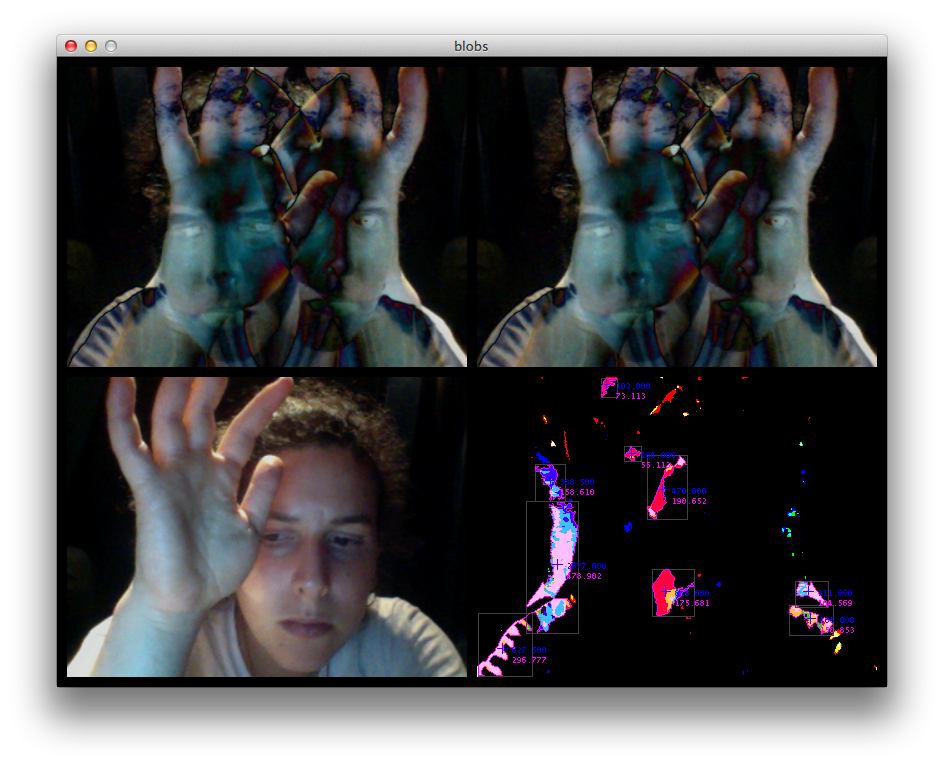
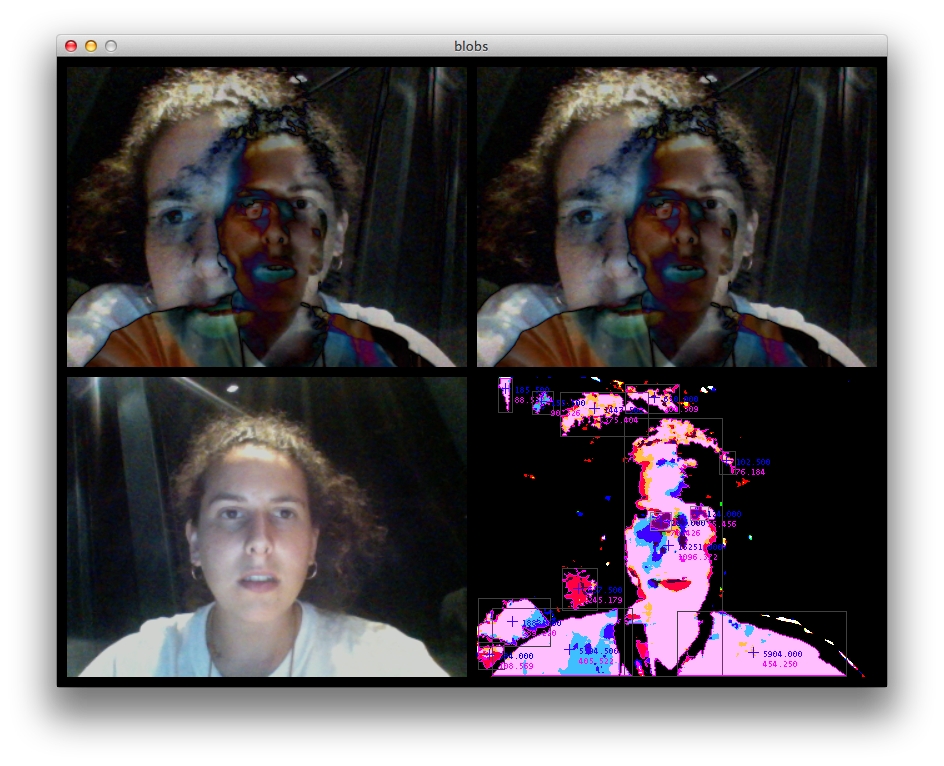
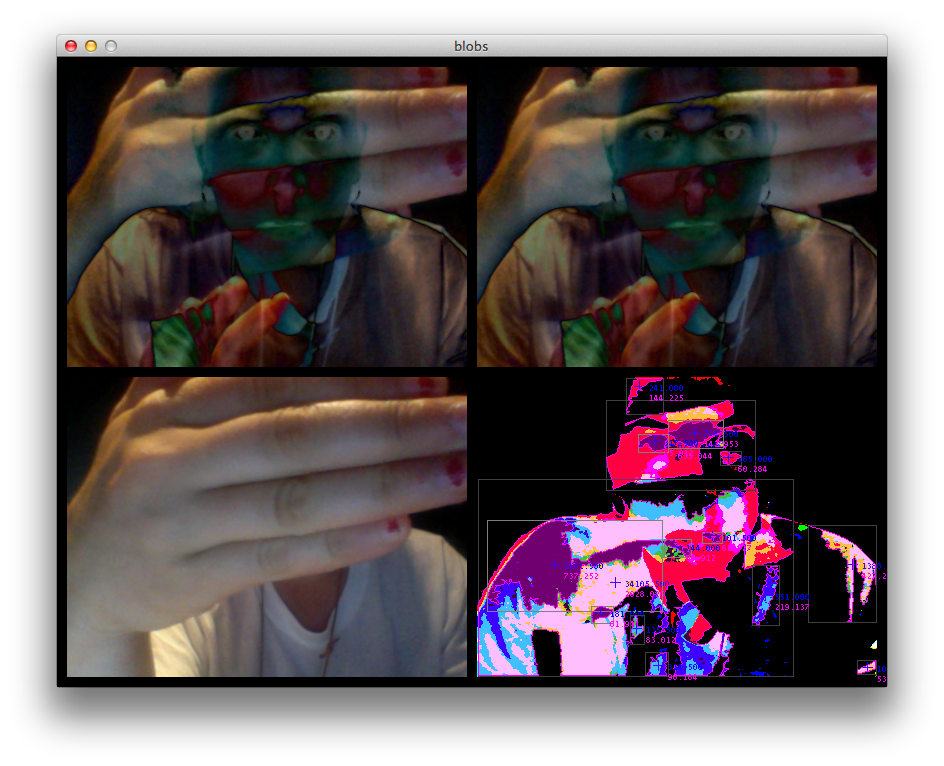
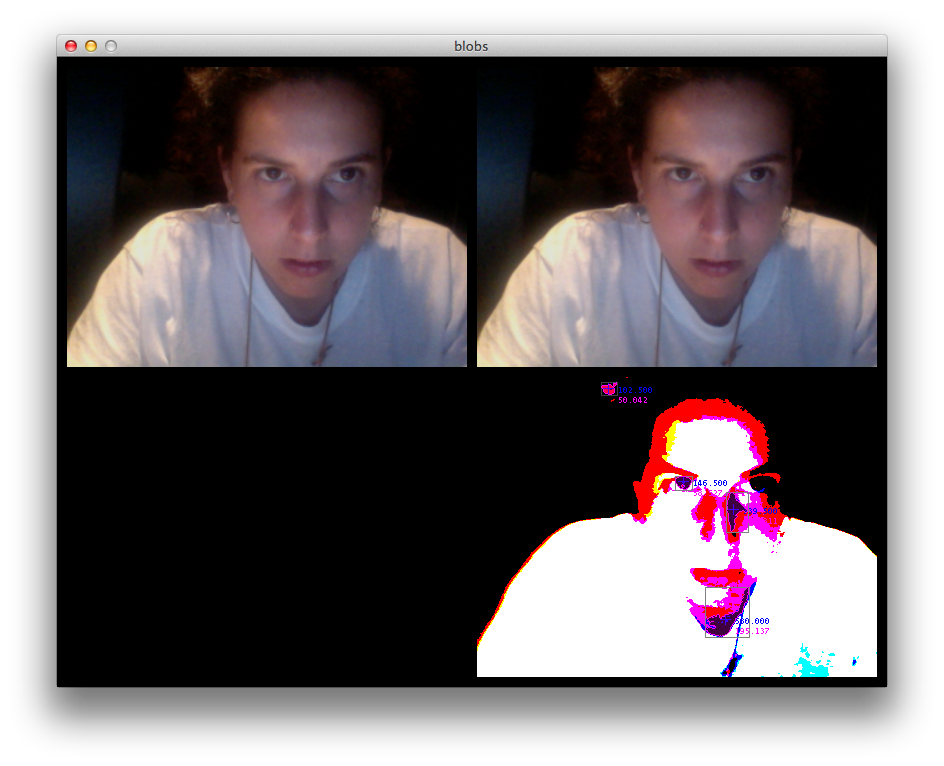
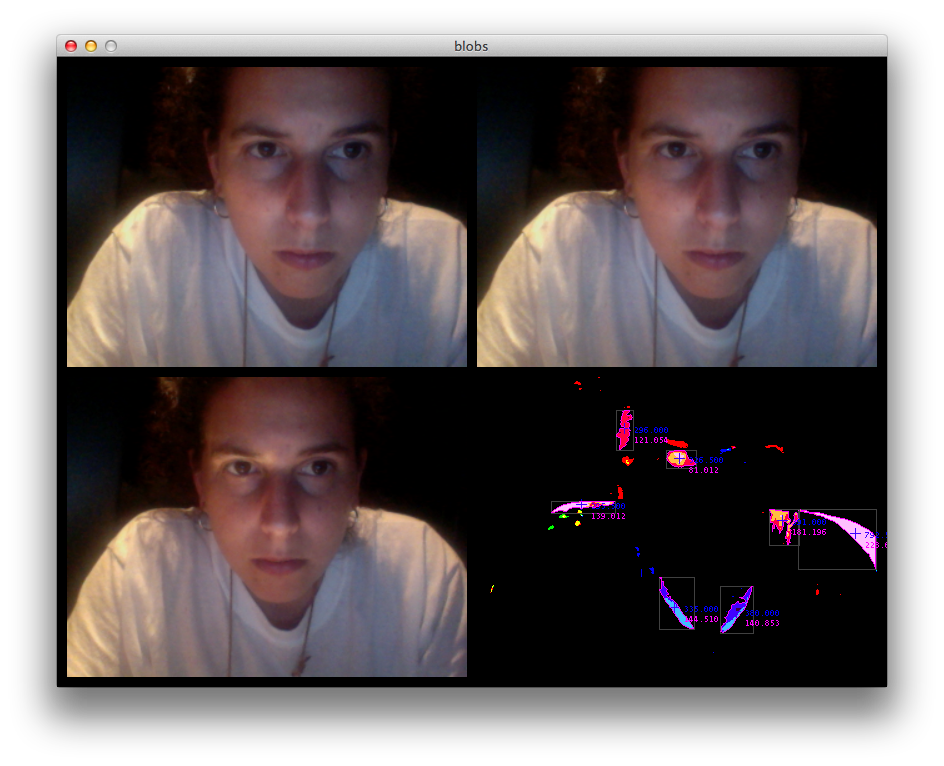
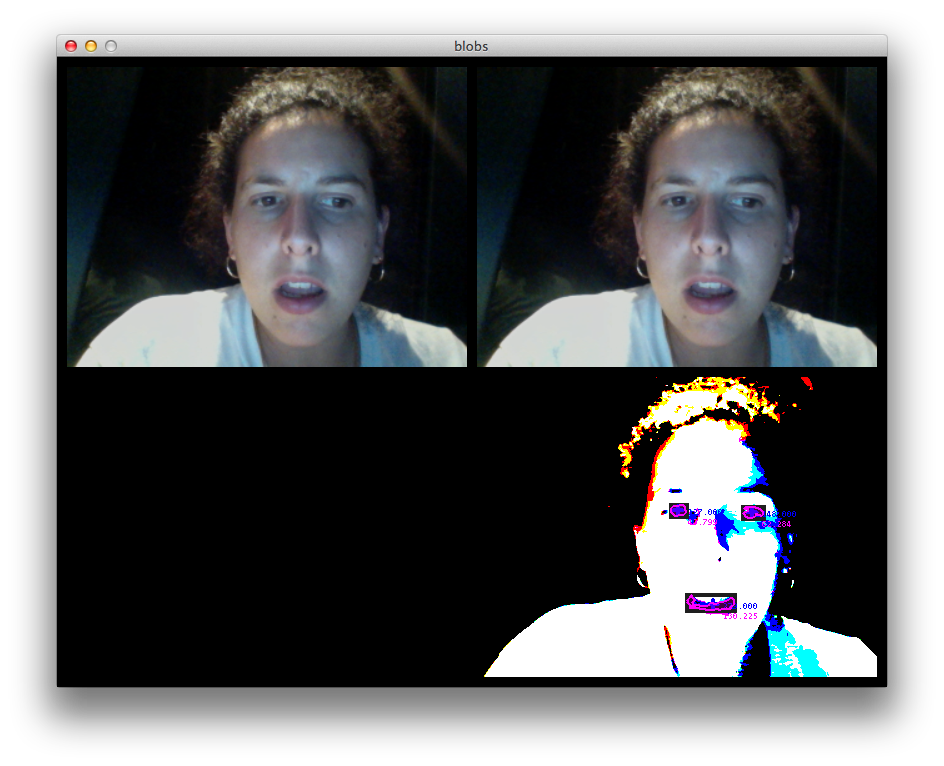
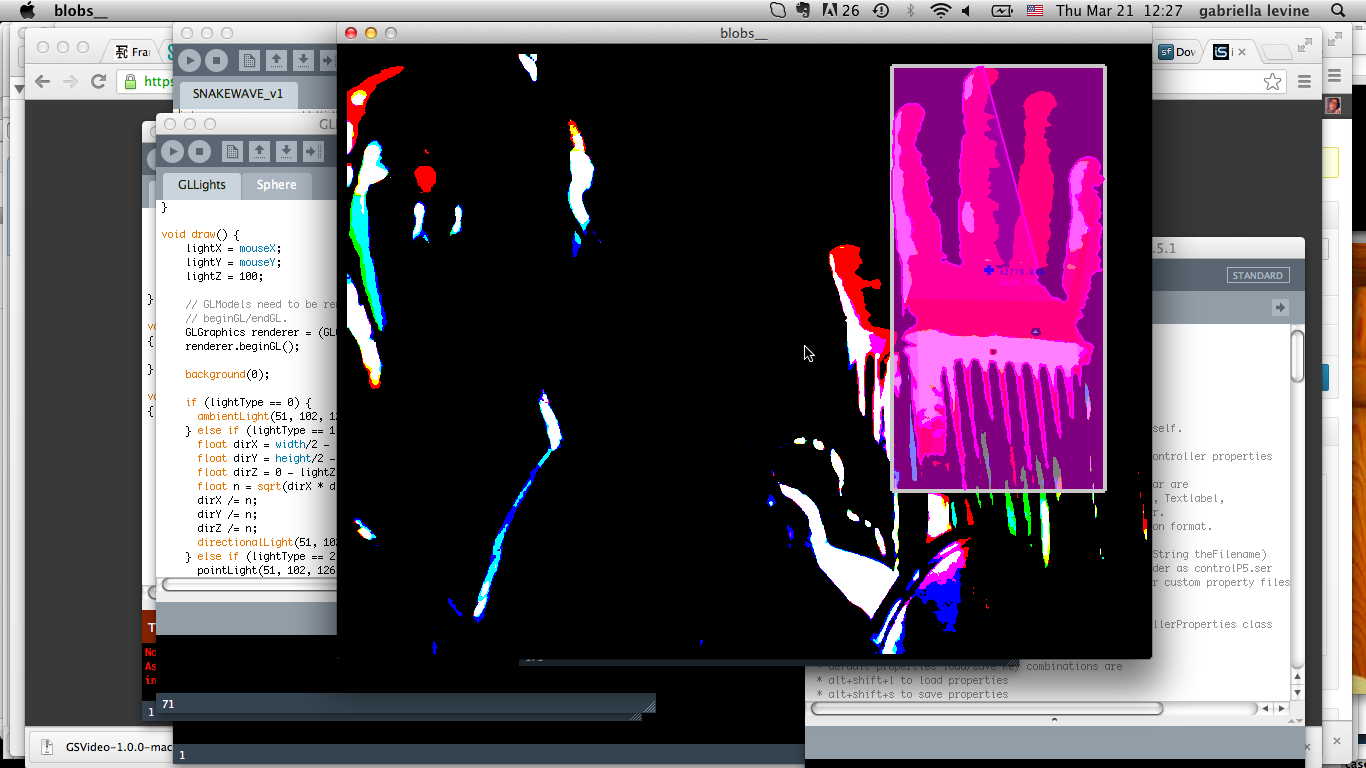
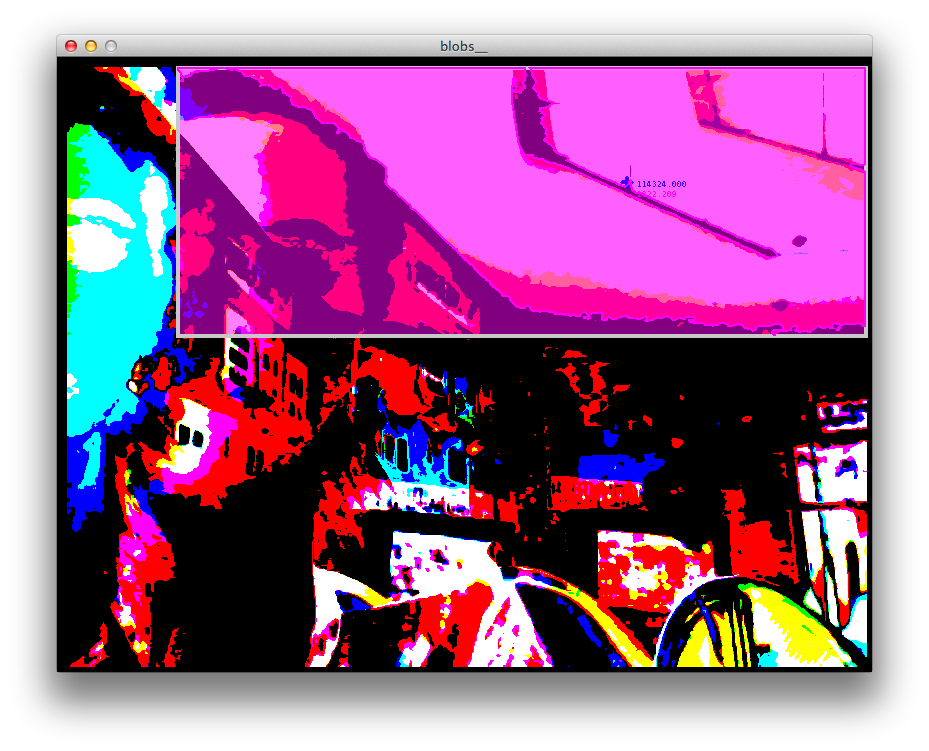
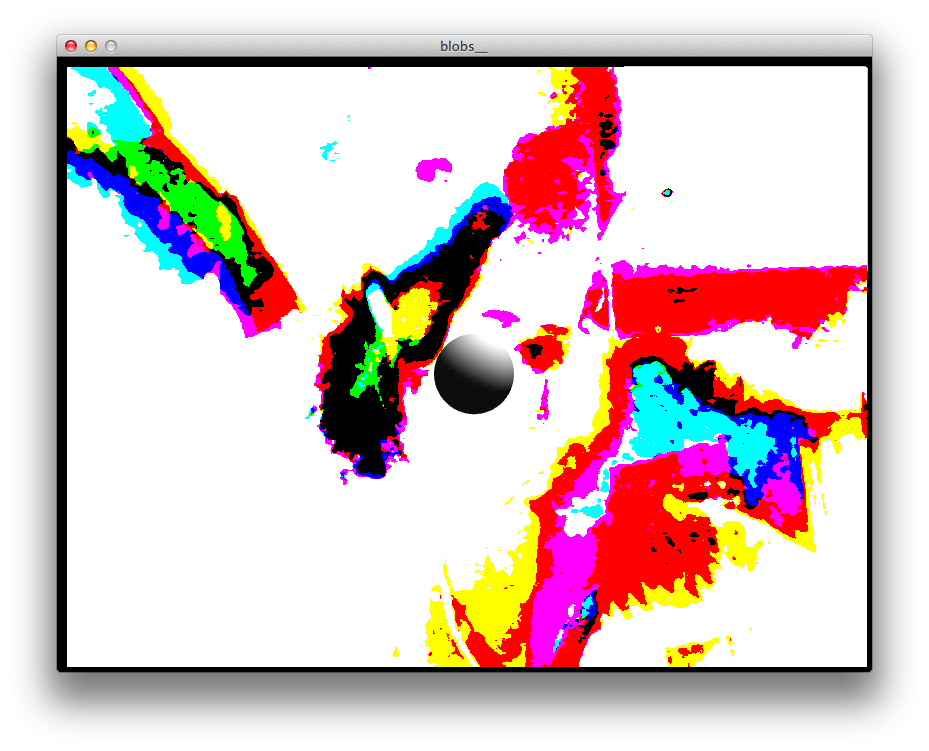
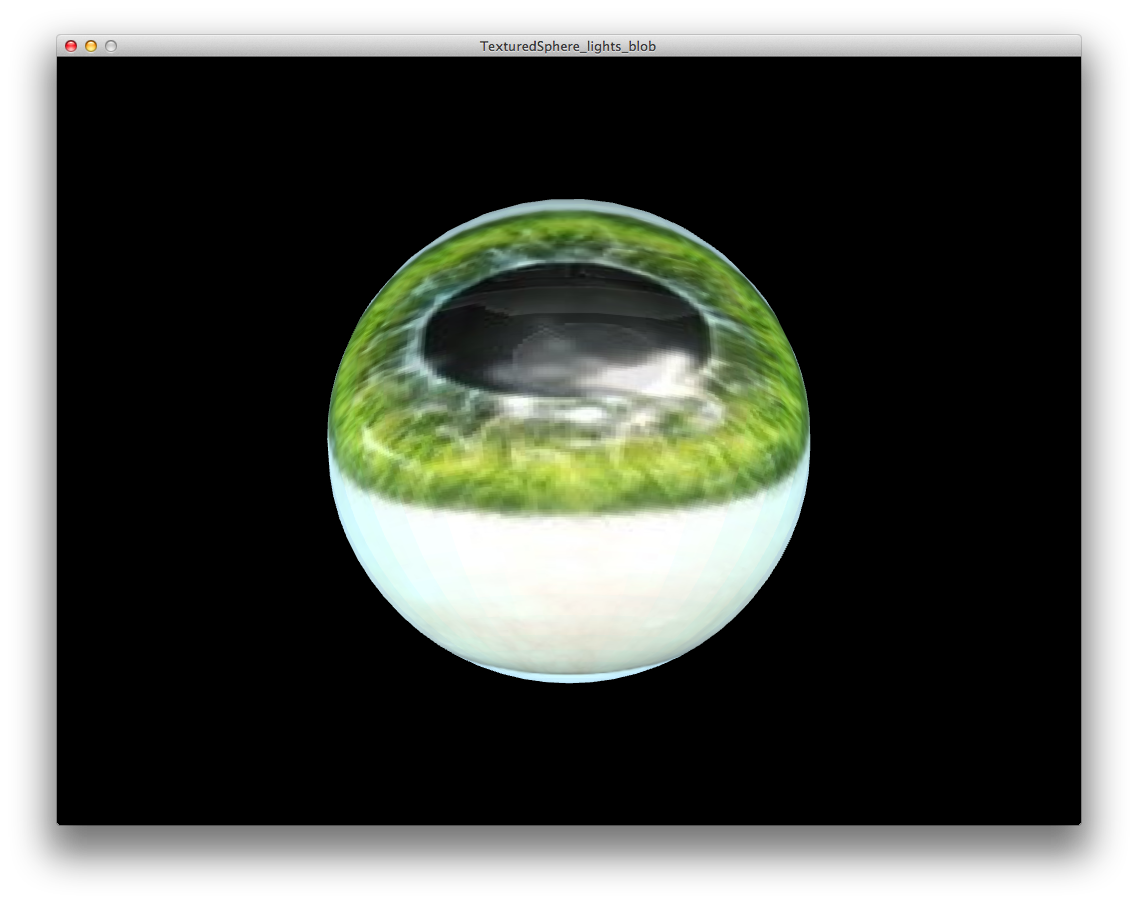
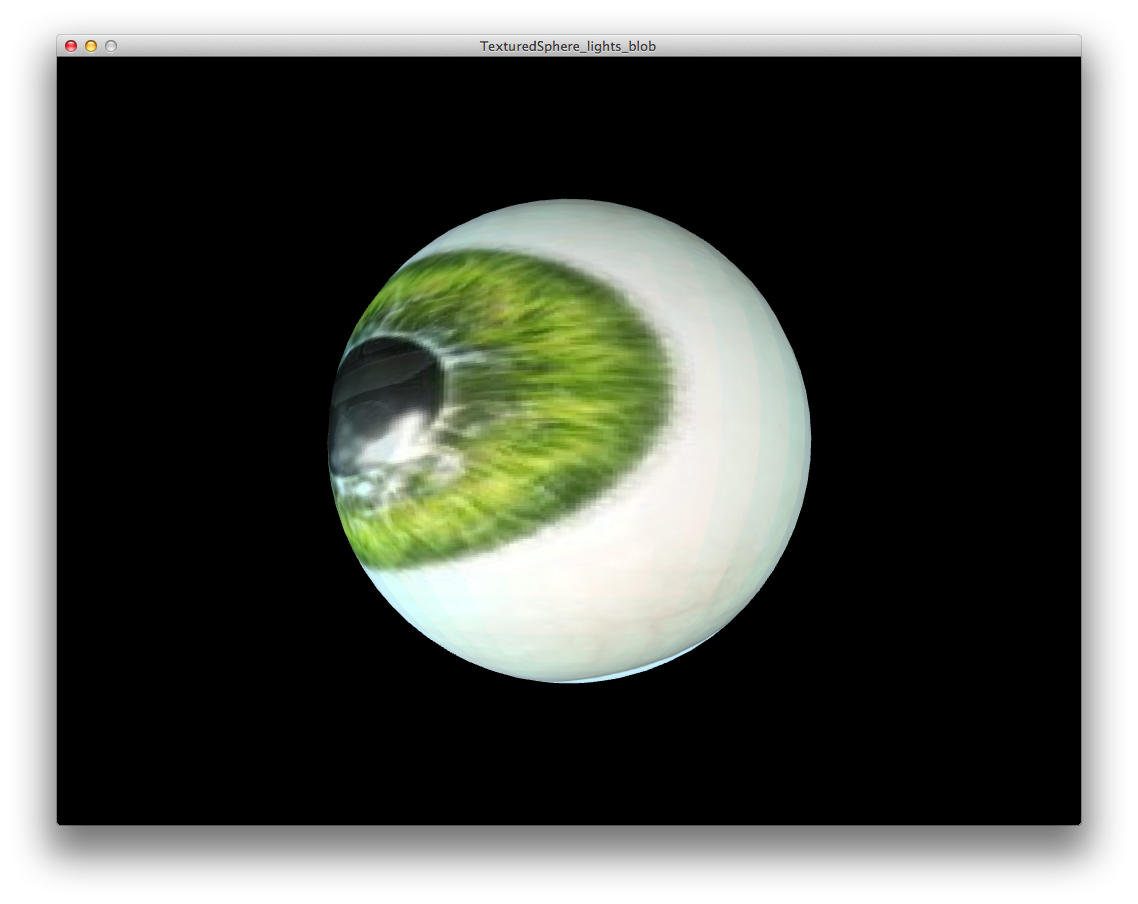
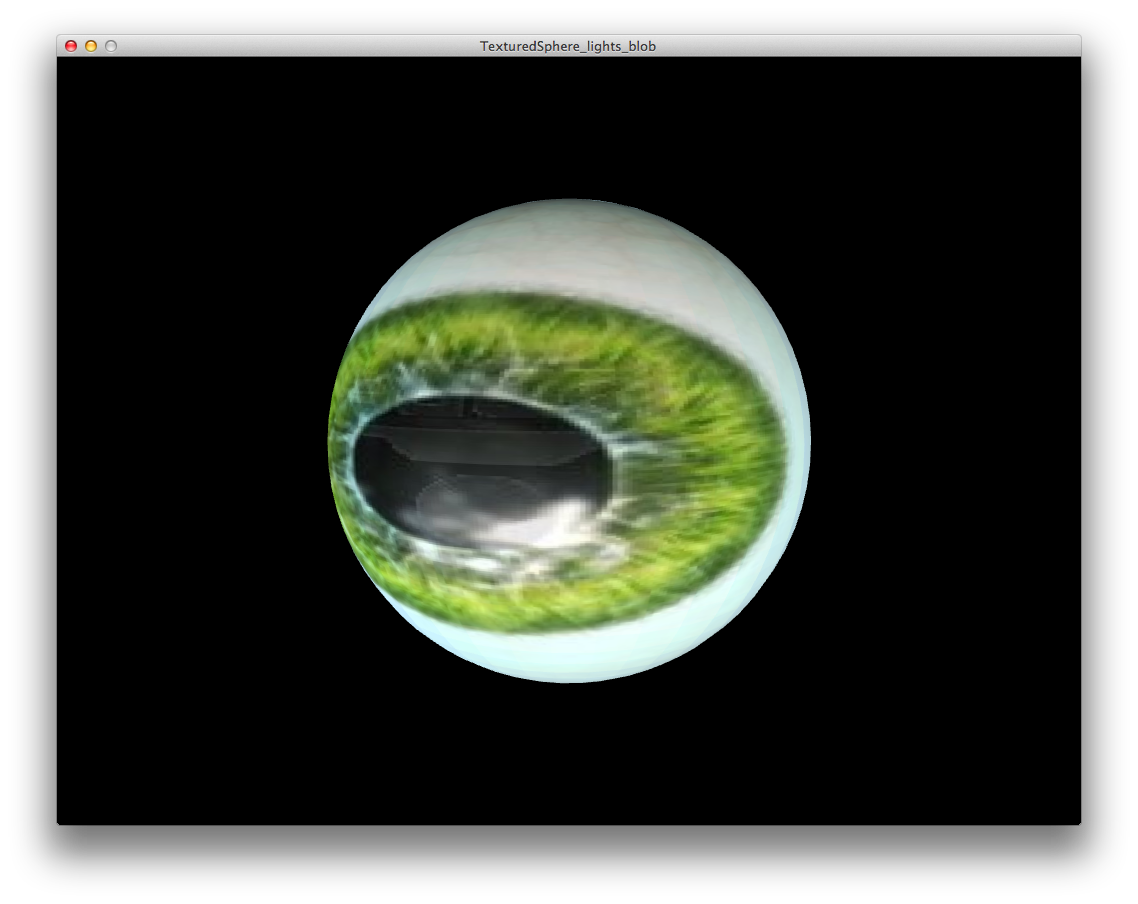
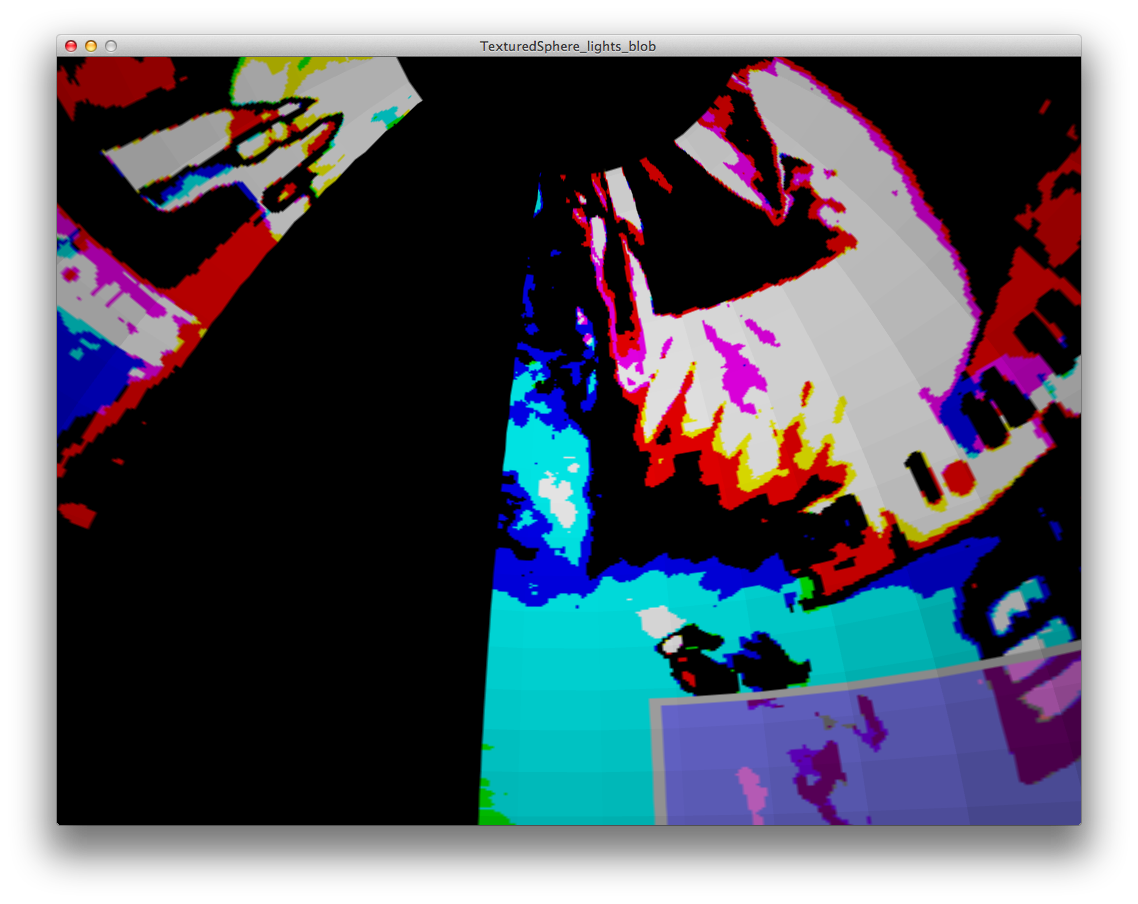
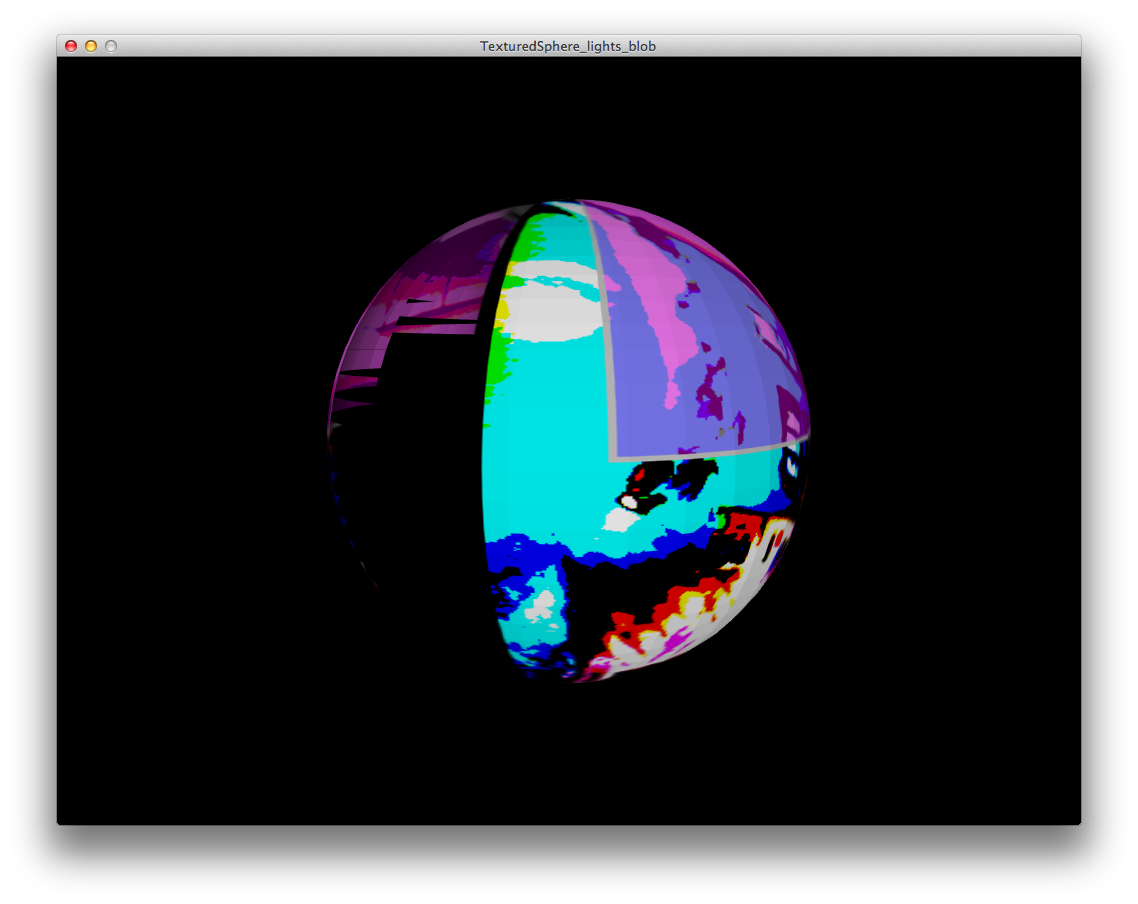
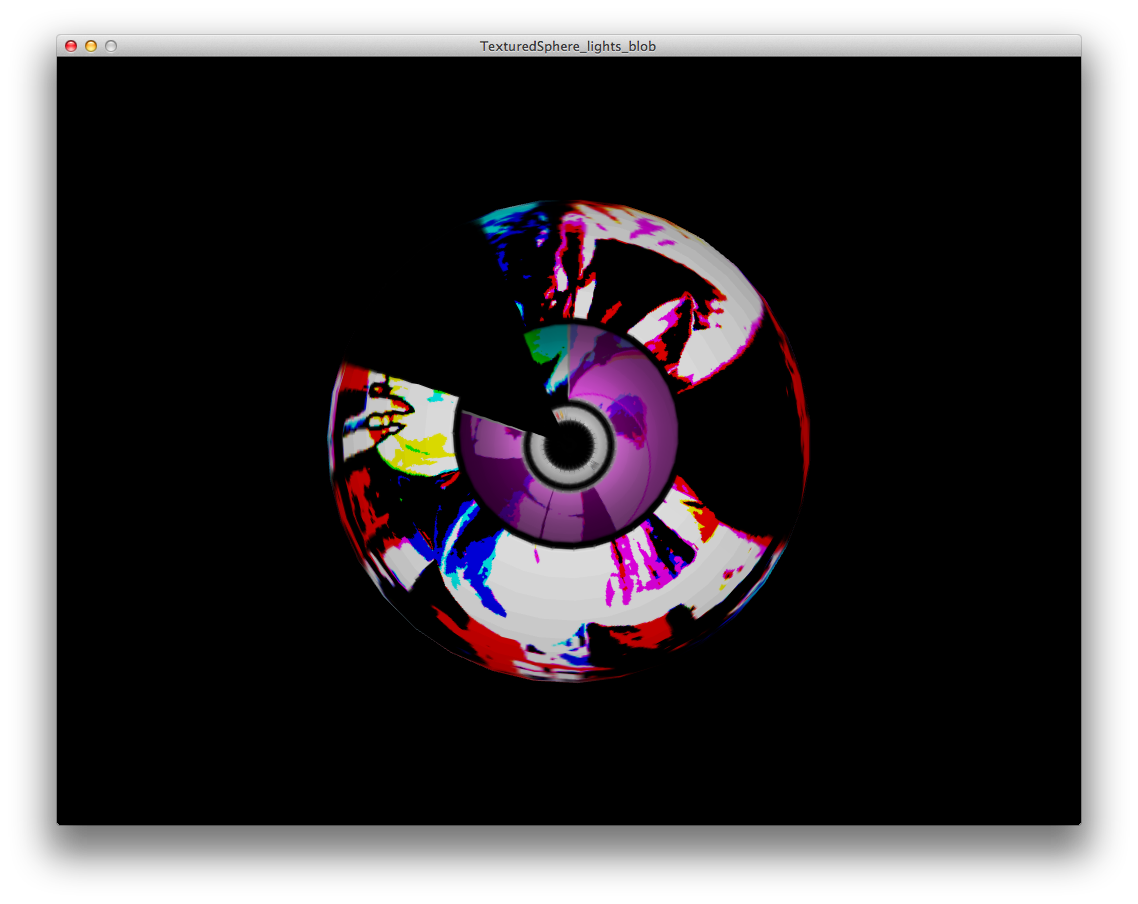
Colman came for a while to brainstorm more about the big, one liner that is captivating and universal – Who is protei, what is the big claim: Virgin Oceanica: the HOOOVER of the ocean; thenext frontier; the ocean roomba; OLC: uncovering the undiscovered… etc
Then I slept there, but only for an hour or so because I had skype meetings all night long.
Unreasonable at Sea day 71: Resident Attorney
Today we are somewhere here, heading south west from Mauritius making our way south around Madagascar and towards Africa coast, through the Indian Ocean.
Resident Attorney
The Kembel kids showed Cesar the progress they had made miniature boats they were about to test in the pool:


Their boats reminded me of a small robot boat I made (and taught guys to make at a workshop at the Science Gallery, Dublin, Trinity College) :
Spaghetti boat:
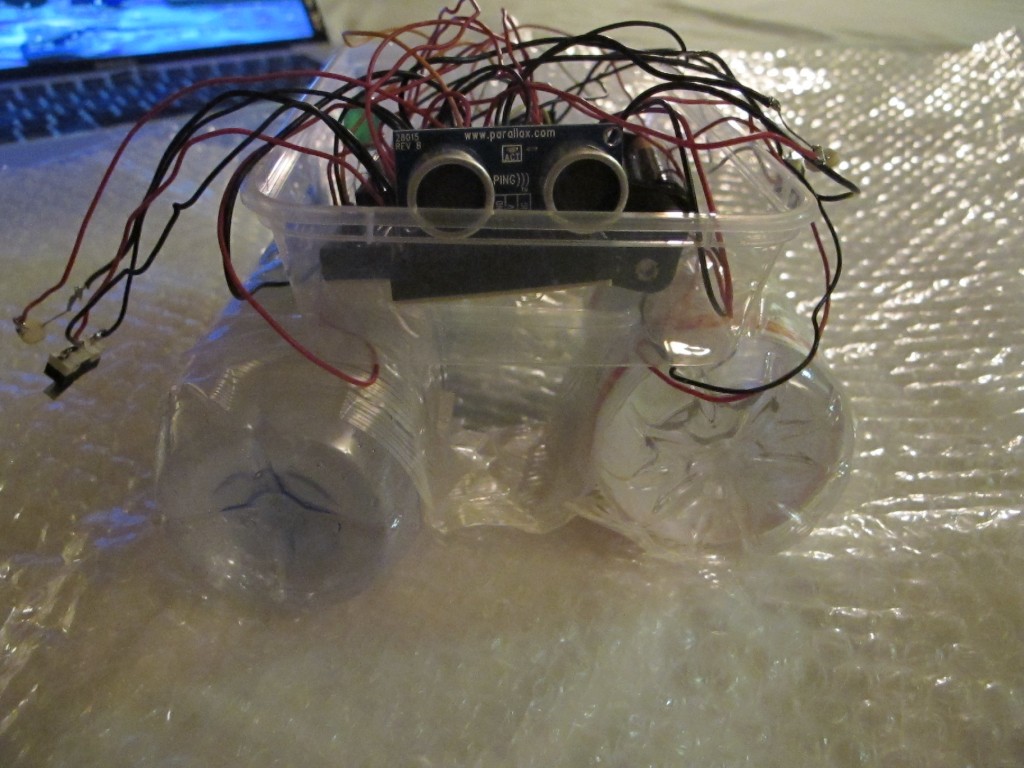
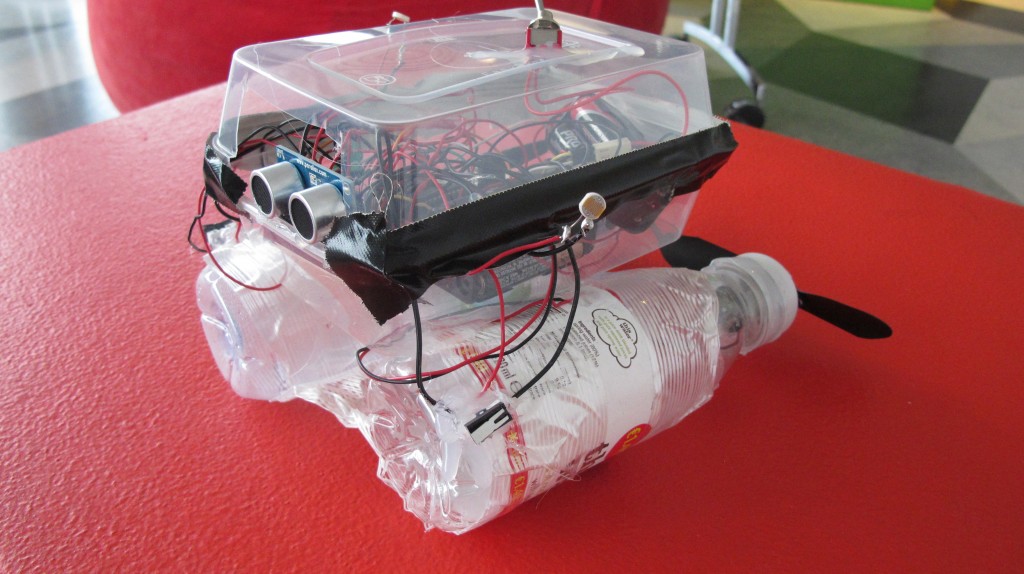
Also I published this on Instructables
We had a meeting with Rehan Hasan, the resident attorney on board.
We of course have many IP and legal questions, especially considering that we are in the midst of completing a Protei-specific Open Hardware Licence with Andrew Katz.
Open Hardware: build business to fail, build technology for the environment
We do not want anyone to put us out of business : as in, steal our tech and patent it so we cannot any longer make flexible hull sailboats with segmented bodies. We DO want people to copy and produce and distribute our technology. How do we protect ourselves for this. can we do it with a license
–>License : what does this protect – i.e. cern open source hardware license to protect documentation ownership and distribution of the “electronic / hardware” product
–is a license just a social framework / agreement or is this actually protecting you for the technology
–What are the implications of publishing documentation about the technology ?
–>does this make it impossible for others to NOT patent… does this protect us in any way?
Some IP questions from the past:
2 what are the implications of a patent on electronics? if it is open source
3 can we / should we file for provisional patents?
4 What does a patent do: protect against anyone else that tries to do what we’re doing? from taking our tech and putting us out of business?
5 How do we ensure we can monetize this technology before anyone else?
6 Shall we find a specific IP lawyer?
7 how do we stay true to open source, perhaps we cannot get a patent because then it is just free, but not open?
8 can you patent just one part of the technology and the rest is open source? will this help with funding?
9 if we publish our paper in a journal, does this suffice for protecting us against others who try to patent our technology?
4 types of protection: copyright, patent, trademark and tradesecret. Tradesecret is the only type of protection that you don’t apply for. For example, the recipe for coca cola, which is TRADESECRET, confidential. As soon as information is public info, it ceases to be proprietary because it’s in the public general knowledge. Open source means that it is published in general public knowledge, so that someone else cannot claim it as their own. So therefore, protection might come from publishing it, and making it accessible.
A LICENSE? what does it do?
It sets up general guidelines, but doesn’t force someone because we dont own it if the community makes it, it is their IP.
It sets up guidelines about : Liability issues and protections – how to get paid, warranty, limit damages, limit liability,
you can have a royalty or a license fee
Segmenting companies with different industries, geographies, assets, IP, and missions insulates liability and risk. For example, an investor can invest in one or many, or a holding company. Segmenting earlier is better. And you build in culture: control your branding strategically and thoughtfully.
workshop: intros and legal discussion
Chris from Microsoft;
Kamron – angry birds, ~5000 out of 29M users; only created technologies that brought humans closer. Now interested in : god 2.0 and self organized mesh networks using 2d technology, non regulated hi bandwidth networks, resolve power way from government pass it onto the masses.
Reyan Hassan – attorney in Denver; Entrepreneur himself, involved with venture community
Caroline from Nike.
George gives the brief of what we should prepare for the global design entrepreneurship class, but Protei opts not to be involved with the next brainstorming design challenge.
A simple framework to design good design challenges : usually people think we’re designing a thing (a lamp, a wallet) but what about service, policy etc… Try to just add the word “experience”.
REDEISTIGN BLANK experience BLANK.
Here are a couple of examples: redesign the solar cooking experience while camping. Redesign the school experience for a new students.
Redesign the investors experience for learning about prakti stoves.
IP MEETING / Workshop:
usually the answer is: it all depends.
The roadmap: the lifecylce of a business: with every company the timing changes – but by and large, it starts with:
1. the formation of the company, entry point (c corp, llc etc)
2. Doing business: form as an entity, start doing business: do contracts so you get paid through service you do, and widgets you sell
3. constructing the business – get IC and employees
5. incentivising and keeping the employees
4. scale up, take outside investment, bring it to the next level – funding from friends, family, private equity, consumer, bank loans
6. your exit: sales to third party, pass down to family, sell to employees…
There’s no such thing as a wasted experience if you learned.
We spent the rest of the day and night working a grant proposal for Think Beyond Plastic and developed our slide deck:
Unreasonable at Sea day 69: grant writing
In the morning we had a “deep dive” with the mentors and learning partners about Protei short term next steps, but we dove deep into some tough questions about the business models, long term goals, funding strategies etc.
Some topics: how to increase durability of platform; focus our efforts so it has social value; What apps do customers go after so we can support those businesses? What does it mean that Protei is technologically superior? Self righting, communication system doesn’t break, weather resistant / water proof. Lateral lift , act like a wing in the water
Where is the payload? sensors above water, sensors below water, sensors that need to be reeled in / pulled up
-application attributes: ie, surveillance: 6 m boat, line of sight, 2 tons of payload; 1m boat, sensors in a shoebox, sensors below water
-do you want to put your foot on the gas now or not? no. why wait? not for leverage but for conviction. And by the way, you can never take out the gamble.
-how to get to a robust product, how to target 1st user base; so that that first user base can help us lead to the next customer base, so that they eventually lead to the next customer, so that our involvement with those people help get to the next platform, to get to a more robust platform. And where do we get capital? around step three – leading to the next customer. If we undercapitalize too long, we might never get to where you are going. How can you be fastest to iterate? And then, how do you manage capital to make sure you have the greatest impact? Look internally for core tech, and Incentivize community: but how?
IE: mozilla – non profit significantly profitable organization, delivers a product that works to scale. It sounds open source : for poetry and pragmatic sake: The phoilosphy is open but everything important comes in house
how does this open strategy help you to : maintain focus, advance the product, get customers to lead to other customers? The business dev/ loop: helps ID applications and advance the technology. How does this help you do this better?
Also here is Daniel Epstein’s cool photo from Cesar and I getting on the ship in India and later getting rejected from bring our glue, epoxy, and resin on board.
Unreasonable at Sea day 68: Financials for Protei & Tom Clayton
We had a 1 hour deep dive with the learning partners and mentors on the Protei financials. We brought them our projected inputs / outputs for the next years of Protei. We showed them our projected models of financial input and outputs. We got a lot of input and questions about transforming from scrappy moving forwards to putting the “gas pedal” down in order to raise capital to get big quick. It is interesting to hone in on which customers will help move our technology along the fastest for the next set of customers. For example, we must focus most on our core technology, then use the applications of the technology platform as the ASSETS of Protei Inc, and therefore, we will prosper from the community and must have a robust community website. Besides equity, what companies would be willing to be a corporate donor for big ocean data… Google? Shell? BP? We do not necessarily need a pilot because this will immediately put a limit around our technology. At first, most of the feedback was: more money, better team, make the market, create demand, focus, get 75% of your time back-have someone commercially out there creating demand / BD person; understand the market; give market feedback; commercially savvy expert; can create demand; give product feedback. So we got urged to change the customer: drop the hobbyist, recognize what you are doing is outside the value; push to do other markets for data and operations, and place value over advantages. the margin is HUGE because you’ve solved it at a big scale so the price point should come after (the price is MORE than the parts)
so for now:
everything is focused on small grants (scrappy), not big equity investors.
financial statements:
1. income statements; profit and loss;
2. balance sheet – shows your assets, specific point in time how much asset you have
3. cash flow statement – what cash do you have in the bank today and what’s it going to look like
Then we had a meeting with the ship captain about not disagreeing about bring stuff for building on the ship. How can SAS (semester at sea) and UAS (unreasonable at sea) work together?
ALso I am happy that Modi gave me some mango treats, thanks Abishek! I’m obsessed with salty Indian pickles. and I ate some fish from Heather, Thanks Heather!
In the afternoon, we had a meeting with Tom Clayton, and it was really helpful. One thing he said is that: if her were to do what we are, he’d think big, think fast: raise big capital, form a big team, move fast. If we want to change the world, you have to build it up big and move fast. It is ok to prioritize for a few years, and be scrappy and run a lower cost startup. Also, beware of “cultural attrition issues” with one person who might bring the entire team down.
Tom’s five rules to running business, especially in Singapore:
1. Be Positive
2. hire the ABSOLUTE BEST, always smarter than yourself
3. Be Scrappy – think of creative ways to do things.
4. Maniacal focus on the end user
5. take initiative, move fast, fail fast
Unreasonable at Sea day 67: Neptune day
Today was the day that the MV explorer crossed the equator. There is a festival that happens at 8 AM in the morning as we are crossing from the northern to the southern hemisphere. This is what happens:
Many people : 1 shaved their head, and 2. jumped into a pool of fish guts then kissed the fish. I dont know the history behind the tradition but I decided to do work during that time. So I caught up on some work while there were brown waters of fish guts floating around the seventh deck of the ship.
Desmond Tutu and George Kembel getting a haircut:
The rest of the day I spent in room 5021 doing work, did some deck of cards in the evening, and that’s about all I remember. In the evening I hung out with the Badgers in Jesse’s room.
Unreasonable at Sea day 70: Mountains of Mauritius
We arrived into Mauritius Port, Port Louis, in the morning around 8. Cesar and I stayed on the ship working in the morning until around 12:30, then head off with Daniel for a run, straight up the mountain.
At first we got urged to take a cab to the base ($50 USD!!, super expensive here), but it turns out the base of the hill was about a 7 minute jog. So we jogged to the base then bushwacked our way directly uphill.
The brush was as high as me, and I was swimming through the grass to carve the path. I got nearly 1000 mosquito bites and later noticed some scratches on my shoulder that I hadn’t much noticed, but waiting online for reentering the ship, the students definitely noticed because they assumed it was an encounter with a coral reef (as mostly everyone from the MV Explorer / Semester at Sea fled to the beaches for our 8 hours in Mauritius.
Finally, we made it to the electric lines / satellite tower on the top, and sure enough, there was a paved road that leads directly up to the top. We had started to doubt that there was even a road up there.
It is quite a colorful city, and we could see our ship in the distance.
An interesting phenomena is all the “snail” shells that we were seeing as we walked upwards. We assumed they were from the ocean years prior, but as there were so many intact “seashells” it just made sense that actually, there are lots of giant land snails.
We head down the paved road, Daniel ran back to make it back to the ship on time, and Cesar and I walked through the town, passing through the “old city” along the way. I call it old city because it had many old stone buildings and churches.
It’s quite a colorful city.
And we passed by a radioactivity testing center, so we went inside to ask for more information, and it turns out that: xrays are a new technology for Mauritius Island, so they have just been open for 6 years, mostly aimed at hospitals and dentist offices. Not exactly the type of radioactivity from nuclear power plants that Protei is aimed at tackling with the Safecast Geiger counters, but perhaps something to consider in the future…
We had some super fresh Roti and Samosa, literally hot from the oven.


We grabbed a whole lot of fruit (apples, peaches, plums) as well as salt / pepper covered star fruit. This was so good. I saw some ripened starfruits on some trees in the town and in people’s backyards. Lucky.
Mauritius seems like a really interesting mix of Indian, Asian, African, and French / Caucasian. It seems quite touristy, like a resort town. I still do not know much about it, but I had a great few hours.
On the way back to the ship, we stopped at the “duty free center” thinking that hopefully we’d be able to grab some last minute alcohol and use up our Mauritius rupees, but instead, it was an extremely fancy, expensive shop selling rugs, precious stone jewelry, tapestries, and cashmere scarves for thousands of Euros. One of the sales guys was both looking at me questioningly – sweaty all over, mosquito-bitten, and bloody shoulder from brush scratches – yet he still kept persisting “don’t you want to try on some jewelry?”. As if I was ready to spend 10K Euros on some precious stone adornments.
Here is the hill we just ran up, and here are some guys fishing right at the drainage. I think.
We walked back to the ship, got into a slight encounter with a drunk guy right outside the port, walked through the restricted gates, waited online with the students to get on board. People were worried because, as the line was so long but the 6 o’clock deadline was approaching, they might both arrive late on board and get dock time, and miss the burgers being served on the 7th deck BBQ that ended at 6PM. It’s a nice ploy to get students on board by the deadline. Apparently, so many students returned to the ship drunk that they were overflowing the drunk tank (with 26 patients!).
In the evening, we had a Town Hall meeting, and most significantly, introduced many new folks:Julie: a global traveller, waiting to hear about being a fulbright scholar
Kamron: adventurer, charity, former VC
Reyan: IP lawyer
Caroline: from nike foundation; branding, GM , lived / worked in europe , s. america , canada, sailing enthusiast
Sean – creative director microsoft
Debrief about the 1 hour “deep dive” sessions with the mentors and the individual companies: people generally like the 1 hour sessions with the entrepreneurs. Colman mentioned that the guys who showed up with something on paper were able to get far help, so do your homework. So we will continue to work in these 1 hour sessions as they are: intense, get everyone together, effective, and allow for good feedback. Perhaps 90 minutes will be ideal.
Unreasonable at Sea day 65: Deep Dive with Damascus Fortune
We continued to head West through the Arabian Sea, along the coast of Somalia.
Here is our schedule for the rest of the voyage.
Deep Dive with Damascus Fortune
Cesar and I caught up : I filled him in on Bangalore and he filled me in on Kochi and showed me the equipment he bought. In the evening, we spent a bit of time trying to catch up on our budget / business model (money in, money out) for the short, medium and long term based on different financial scenarios.
Then we had another nice sunset:

Photo Credit to Pedro.
Here is some press that has come out about Protei at Startup Center Design Thinking workshop with Unreasonable Kochi:
Unreasonable at Sea day 66: Protei Business Model & Design Entrepreneurship Class Final
Business Model Protei
We had a 1 hour “deep dive” session on the Protei Business Model.
Design Entrepreneurship class final
We got the final projects from each of the three groups working with Protei.
Recap of the stories:
TEAM 1:
* joe is a college student on stumbleUpon reviewing the hot topics and sees a new post of Protei.org. He thinks, “how can this contribute to my marine biology skills? i know science and marine bio, it’s cool but i’m hesitant” So he watches the intro video. The whole point of the video is empowerment : failure doesn’t exist, even an avg joe can do it and use the technology. The problem for protei is that people are scared to buy it, it is a significant $ burden for students; everyone is capable but we want them to be inspired enough to actually purchase it.
TEAM 2:
* Jerry is passionate about enviro issues ; he is smart and curious individual; jerry learned about protei; and loved the idea about open source tech; it felt daunting that he couldn’t use it but then he learned through the website by clicking on “scientist” that you do not have to be a protei expert to use a protei boat; jerry gains knowledge and success.
The idea is that we can empower and approach someone by taking a different approach for each demographic – get students and scientists to design boats themselves and have easy to use tutorials to get students to buy a boat.
* [This seems quite lonely to me and I love tech the most when I work socially]
TEAM 3:
* A lonely fisherman, Carter, buys Protei for him and his grand-daughter; play and share: both old and young, parent and child – work together. What people invest in and what people enjoy. Together in a social collaborative activity they feel that they can change the world – build data add ons mapp the ocean. The intersection between the old and the new, with the feeling that they’re making the wold a little bit better – a combination of both – like freeRice.com.
Later
And we had another nice sunset again 

Photo credit to Ben Gallagher
I worked out with Daniel and Evan pretty late, and we delved into the zip code system…a confidential game.
Unreasonable at Sea day 64: deep dive Aquaphytex, design thinking class, and a package
The next 6 days we are on the water from India to Mauritius: we will spend the next few days gaining clarity on our business model, financials, etc. The next three mornings mentors & learning partners will spent 1 hour with each company going over:
Day 1. Business model
Day 2. Off day
Day 3. Basic Financials
Day 4. Timeline:where aer you now, where are you pushing towards?
Deep Dive with Aquaphytex
Then we had a deep dive into Aquaphytex in the morning, 9:30-12:30. It was really interesting. Pedro discussed some of his issues and long term visions, and the biggest challenge is that they seem to differ with his partner’s long term visions. Profit versus worldwide impact, social benefit, and keeping his core team of employees. So we spent the first 1.5 hours understanding the issues, then spent the next 1.5 hours putting ourselves in Pedro’s position and trying to brainstorm together in three groups of 4 people, how to move ahead with Pedro’s company if we were him.
It is nice to have Tom Clayton back on board because he is super helpful, piercing at times, and asks amazing questions.
Design Thinking Class, student review
In the afternoon, we had the design thinking class session with George, and the students had prepared more work on Protei and our broad, open-ended question about engaging the open hardware community through a website and gamification platform.
The interesting things I took out of it:
Group 1: most people didn’t understand at first what Protei is, what the technology is, and a quicker way of explaining it to people will be beneficial. Most people do not feel comfortable with technology and therefore feel fearful to get one so an “empowerment video” would be the best next step in order to engage people to take the next step : from interest to actually purchasing one.
Group 2. They prototyped a game. Making a website as a hub for activity using gamified methods of technology to incentivize people to change the world is what will be useful. People didn’t necessarily love the game aspect but what is most important is the SOCIAL aspect.
That afternoon and evening I spent trying to catch up with work and documentation.
a Package
Finally I got the package from Heather from that had travelled from Brooklyn to LA (Laura’s house) to Bangalore (from Laura’s hotel to Taylor’s room in the service center) to Kerala Kochi with Taylore onto the MV explorer. I finally got it from Taylor’s room. The weird thing is it was opened completely, but I still ate the swedish gummi shoes, despite being mysteriously opened.
Unreasonable at Sea day 62 – 63: back to Kochi
I went to Jaaga first thing in the morning and met Yashas who runs Hackteria. 
I also met Ron who is an artist in residence at Shrishti funded by the goethe-institut, from Berlin.
Then I went to lunch at a Korean restaurant, tried to go to SP road but most of the electronics shops were closed, so I returned to Jaaga to meet up with Archana. Meanwhile, a start up festival / meetup was occurring at Jaaga, where there were a lot of guys who I had met at the start up festival.
Later on the way back to the hotel I passed by FABINDIA and then met Min and Minh at the hotel and together made our way to Punjabi by Nature where the rest of the Unreasonable team was meeting, and already eating.
After eating, we went back to the Service Center and caught a night bus headed to Kochi, at 10:30. We arrived at 7:30 in the morning back in Kochi, at the port. That day in Kochi I ate breakfast and then we went around Kochi by bike.
First we picked up the package of sweatshirts and tee shirts, sitting at the JM BAXI Post Center from ALMA MATER that we had ordered, then we went “shopping” in Fort Cochin, where we met Modi, Kashe, Shira and Taylor. We went back to Fabindia then another store. Then we ate a delicious lunch.
Then we took the ferry to the mainland and went to the store where Cesar had visited the first day in Kochi, where Cesar had later purchased resin and epoxy, catalyst and accelerator. But he was disallowed to bring it on board the MV explorer without proper documentation so we returned and got paper documentation of each chemical. It took a LONG while while to get print outs of the test reports from each chemical. Probably around 2 hours. We were getting angry and a bit impatient.
Then we head to purchase the remaining items, aluminum rods for the mast, tupperware containers for holding the nano-filler beads that were just packed in a cardboard box and would fly everywhere, etc.
We realized that we were running late and SPED across Kochi to the bike rental place, then head back in a TUkTUk to the port. We arrived in time but unfortunately, when we returned to the MV explorer, we were not allowed to bring ANY of these items on board, so the entire afternoon’s worth of equipment gathering was fruit-less.
We had dinner then had a town hall meeting, welcoming returning folks : tom clayton, ben from Nike Foundation, Laura Edwards back from TED LA, Modi from Damascus Fortune… and one new learning partner from Microsoft. Then we did some work and before sleeping, we tried on our sweatshirts and tee shirts.
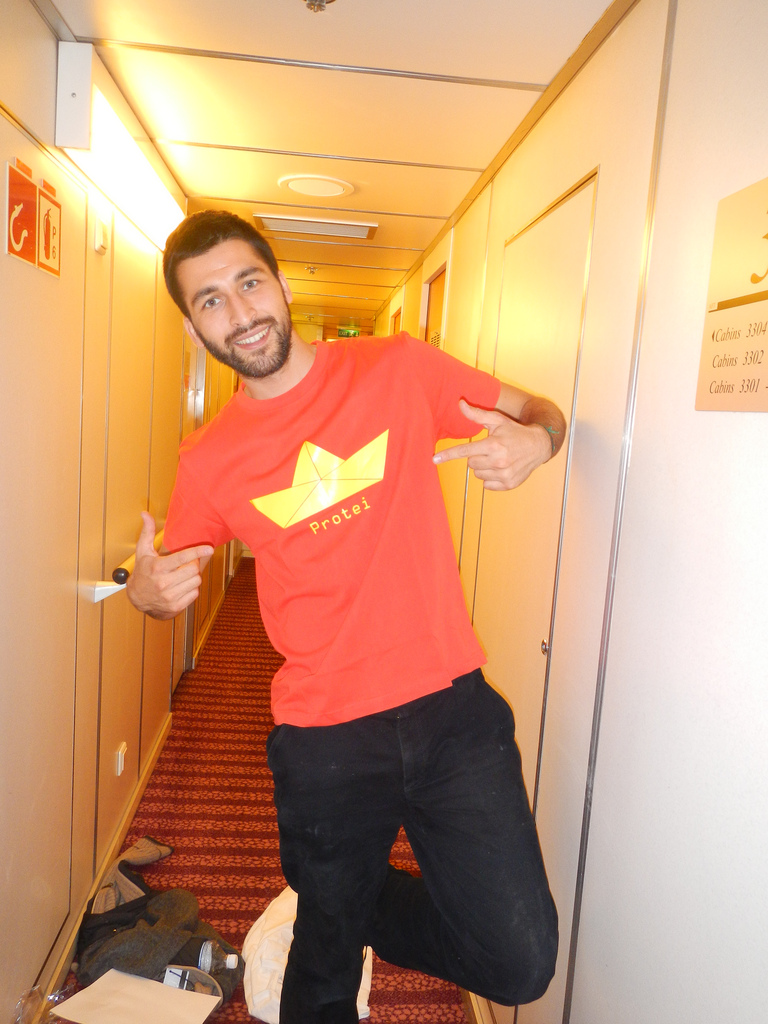
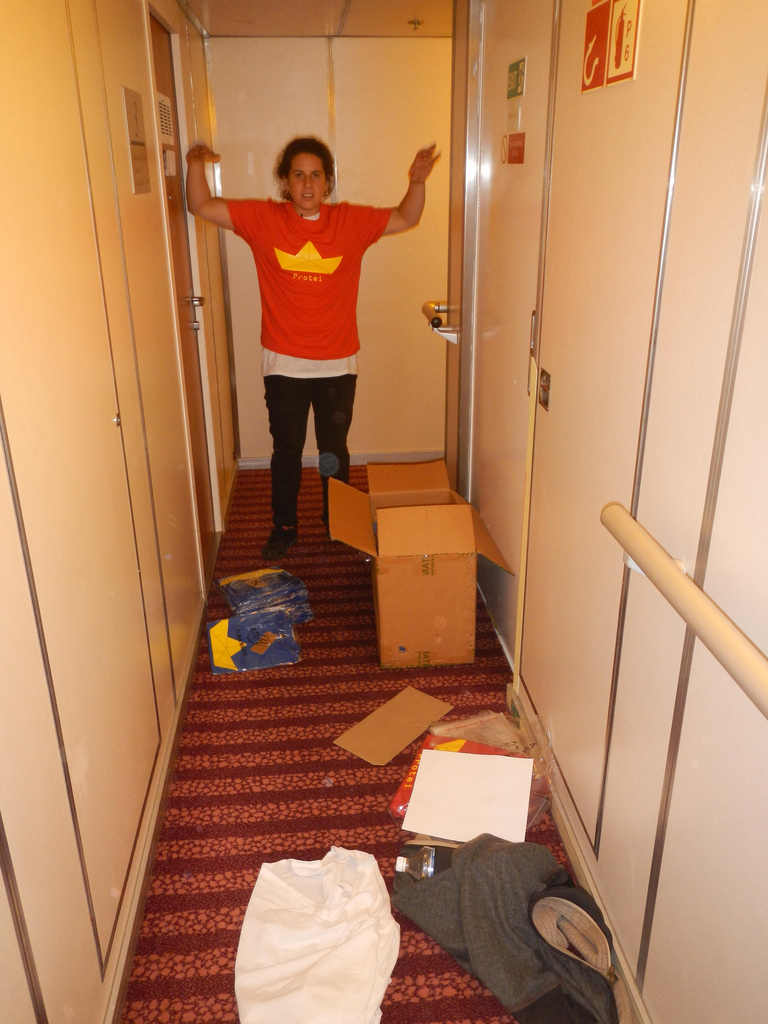
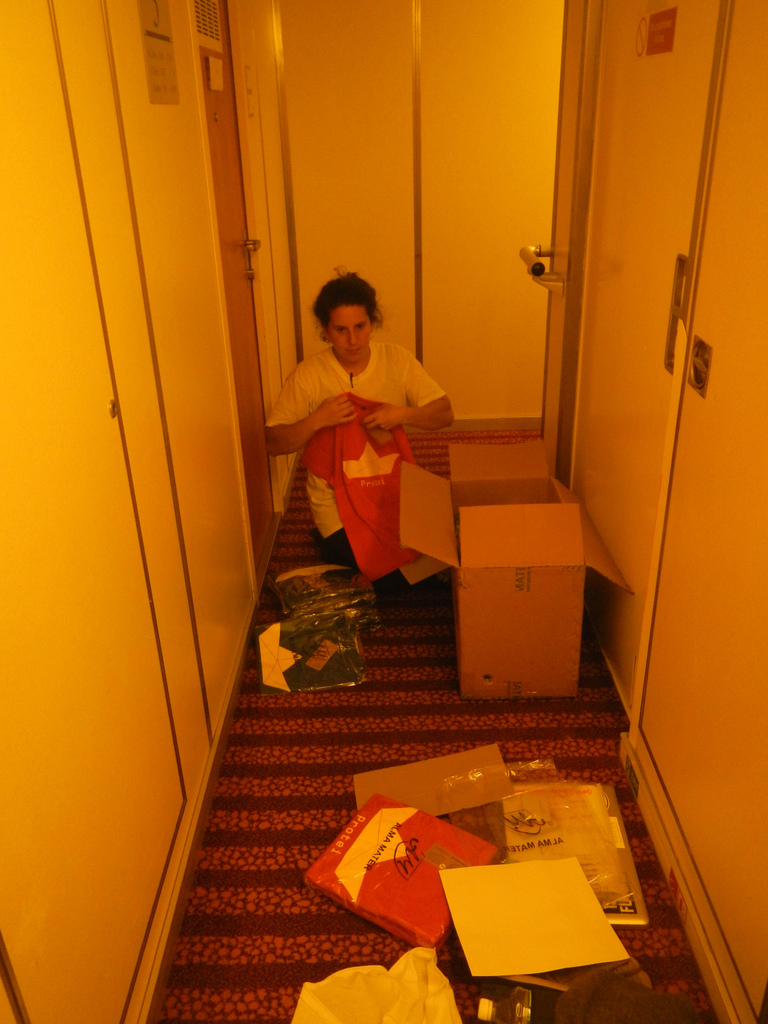
We had a meeting via Skype with Scott from Dragon Innovations, and learned that they actually act as what represents the “manufacturing intermediary company” for us, and they work with companies from all over the world who are manufacturing, in China. They also provide a design review process, which I am specifically curious about learning more about what this entails for Protei.
And here are a few more photos from the Kerala start up village event from Cesar’s photo stream:


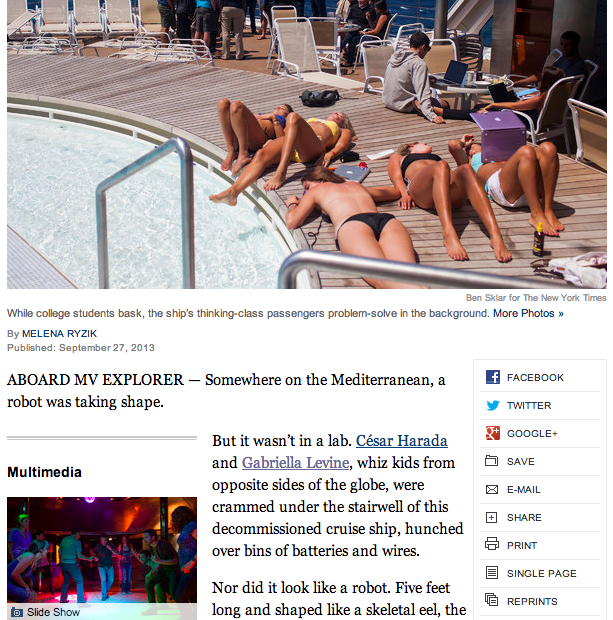
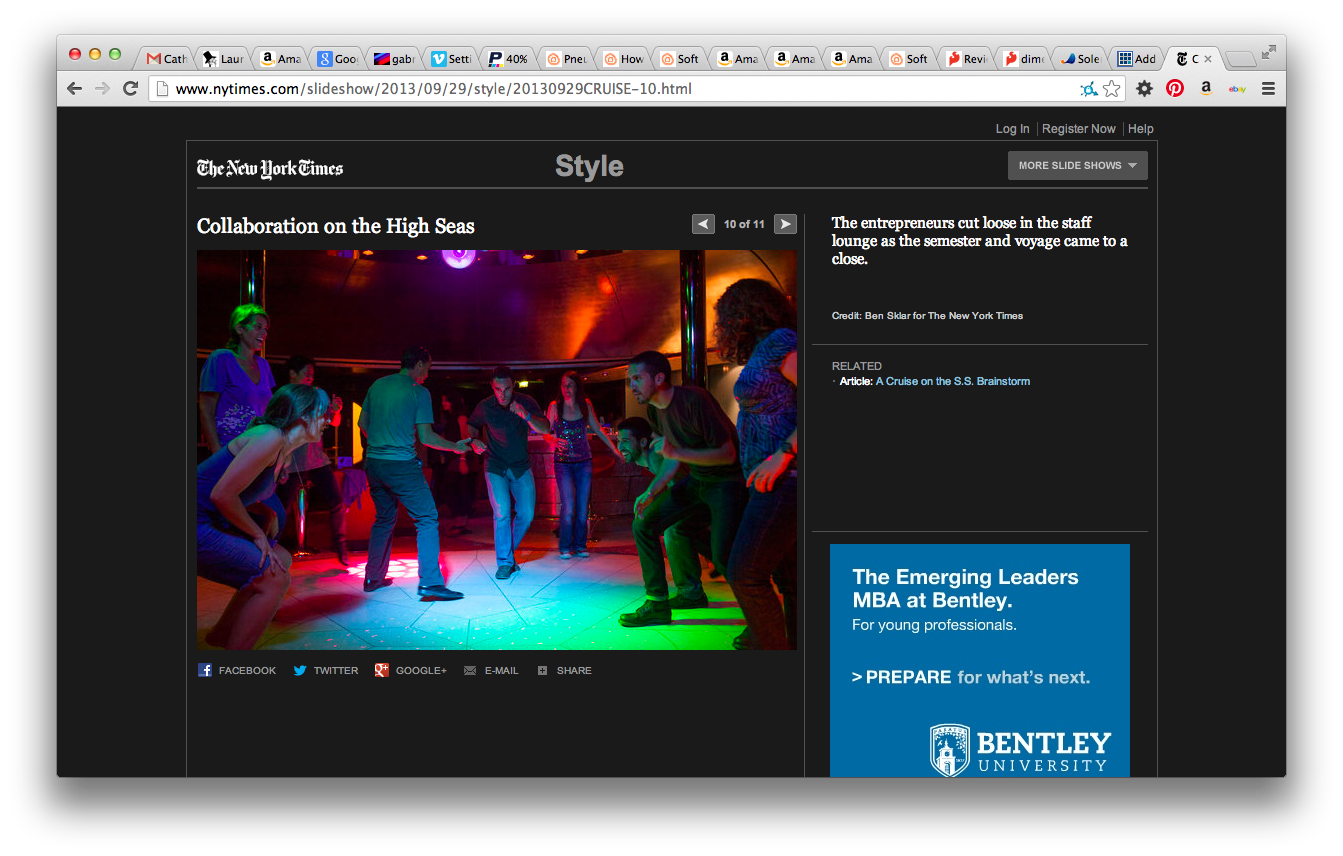
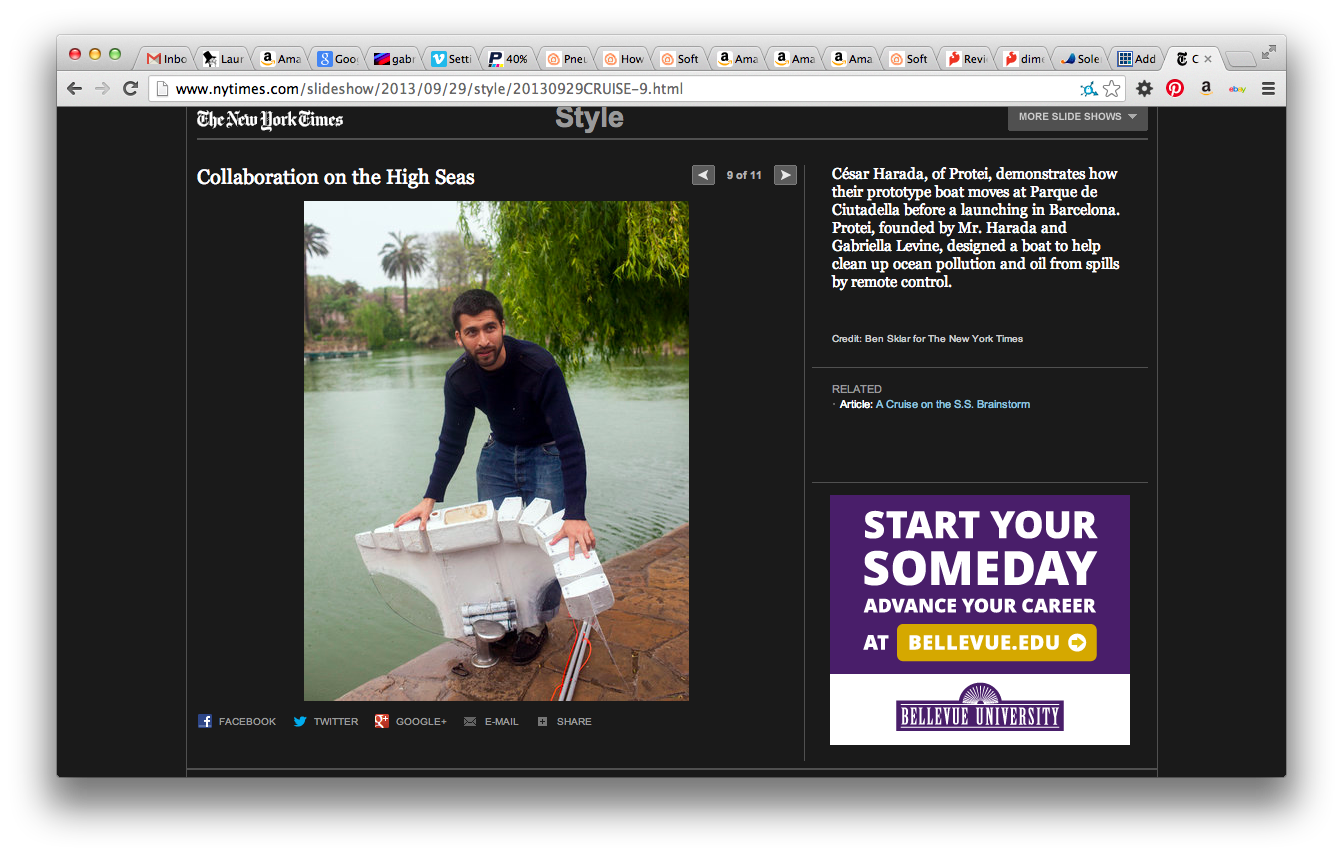
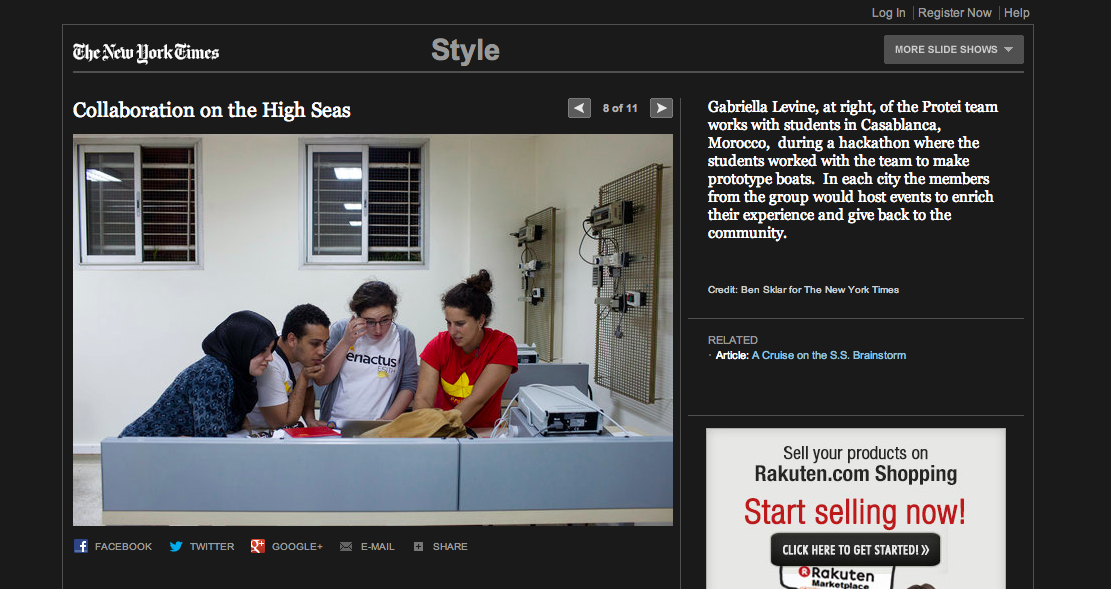
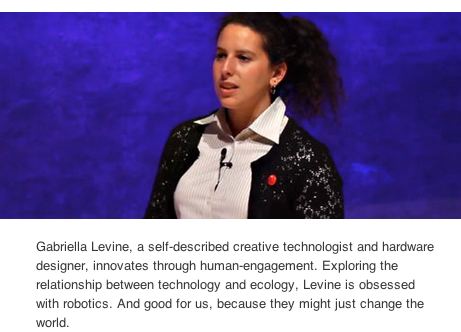


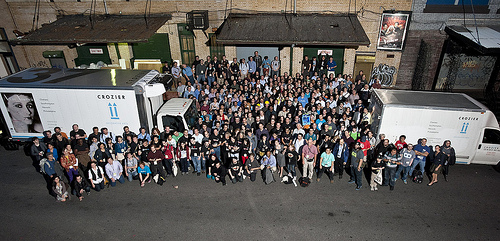
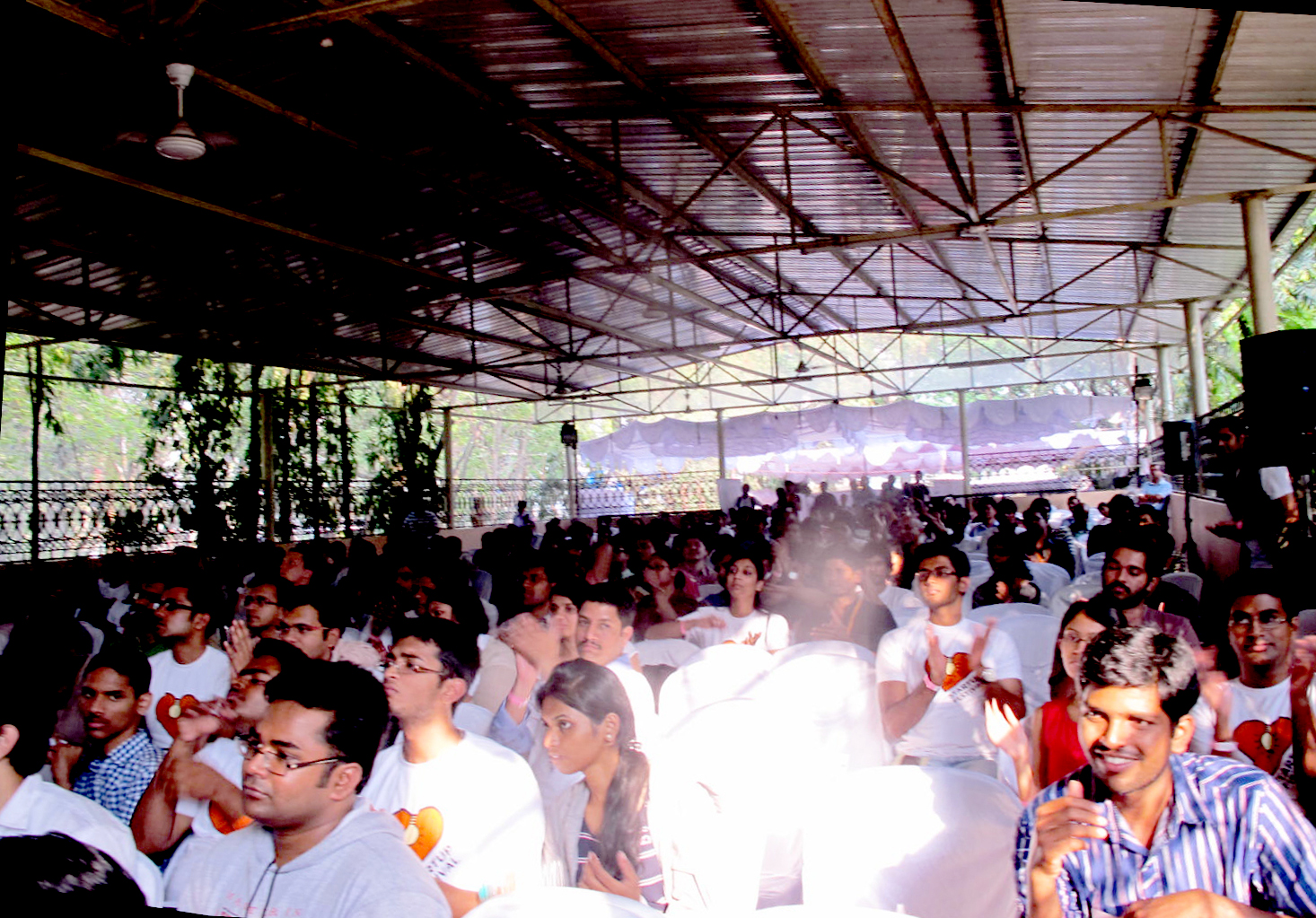
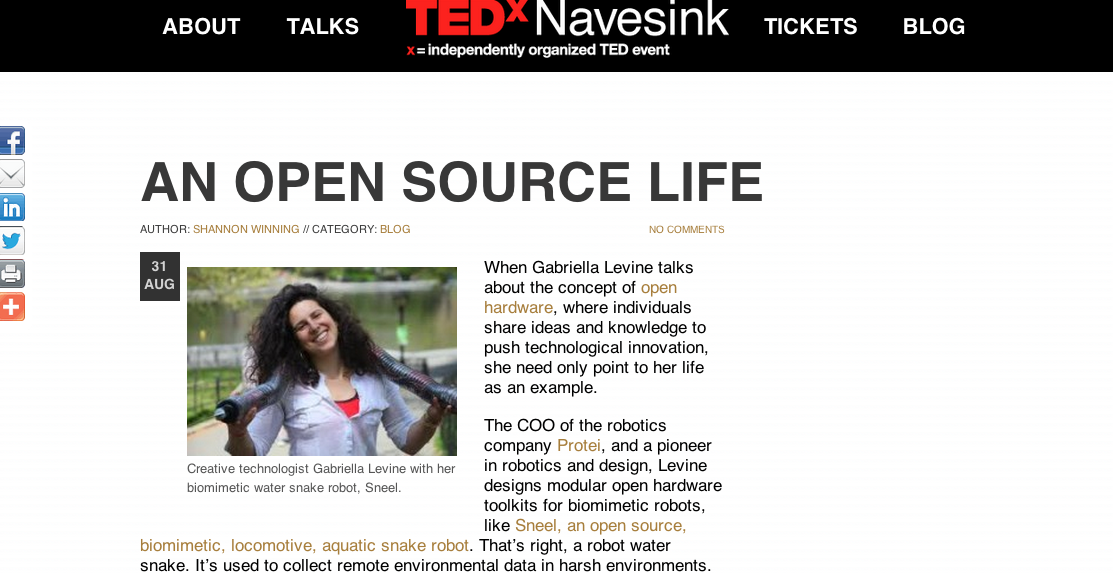









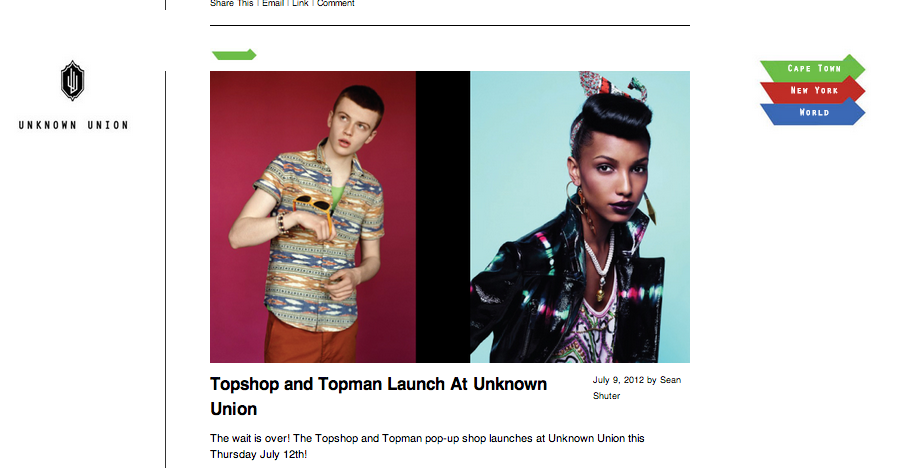

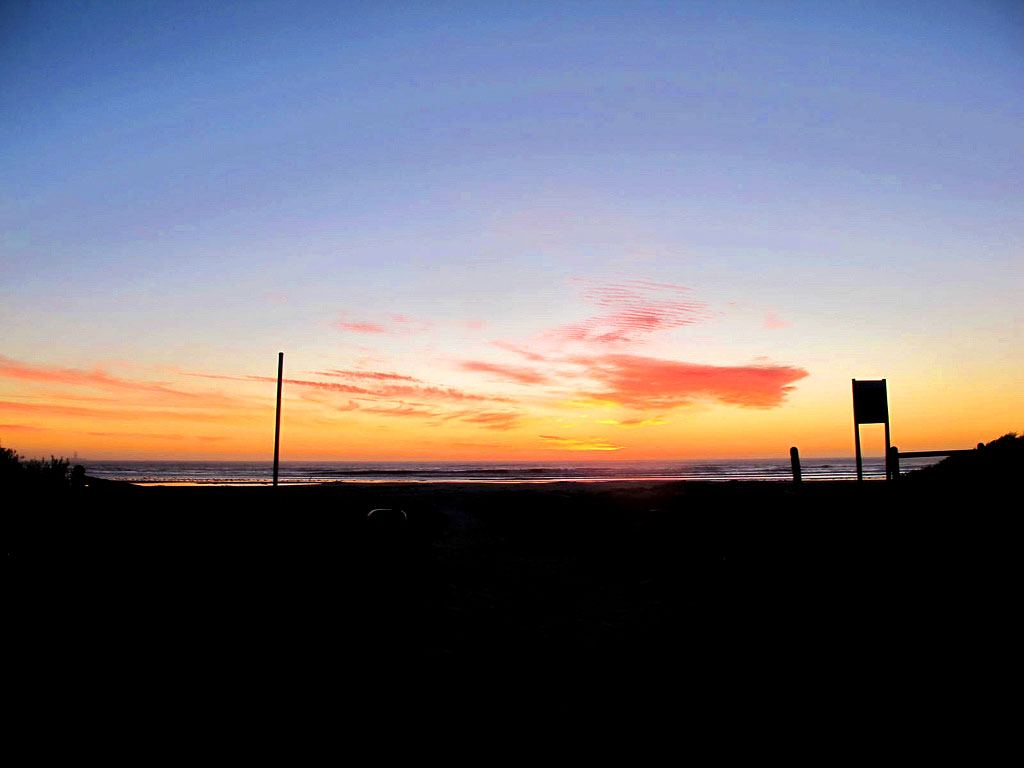
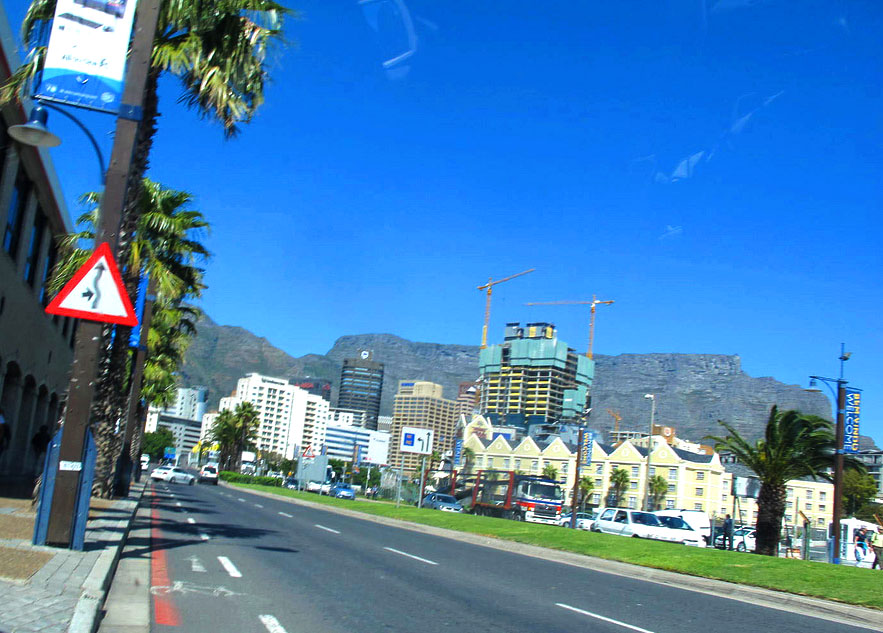
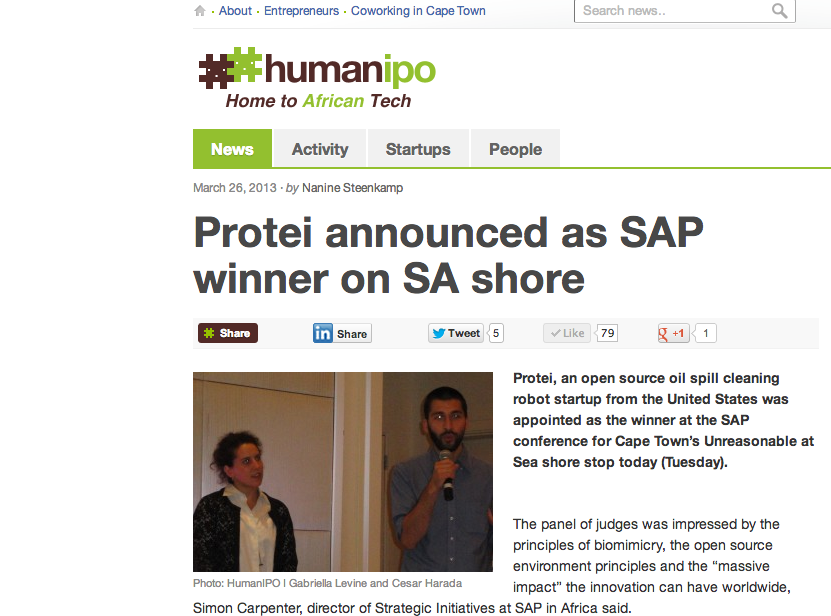
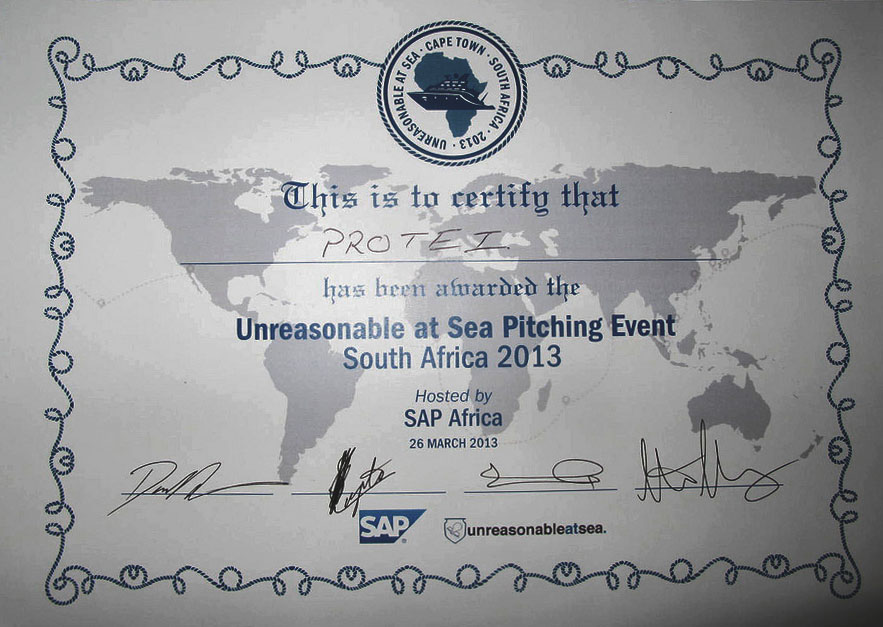



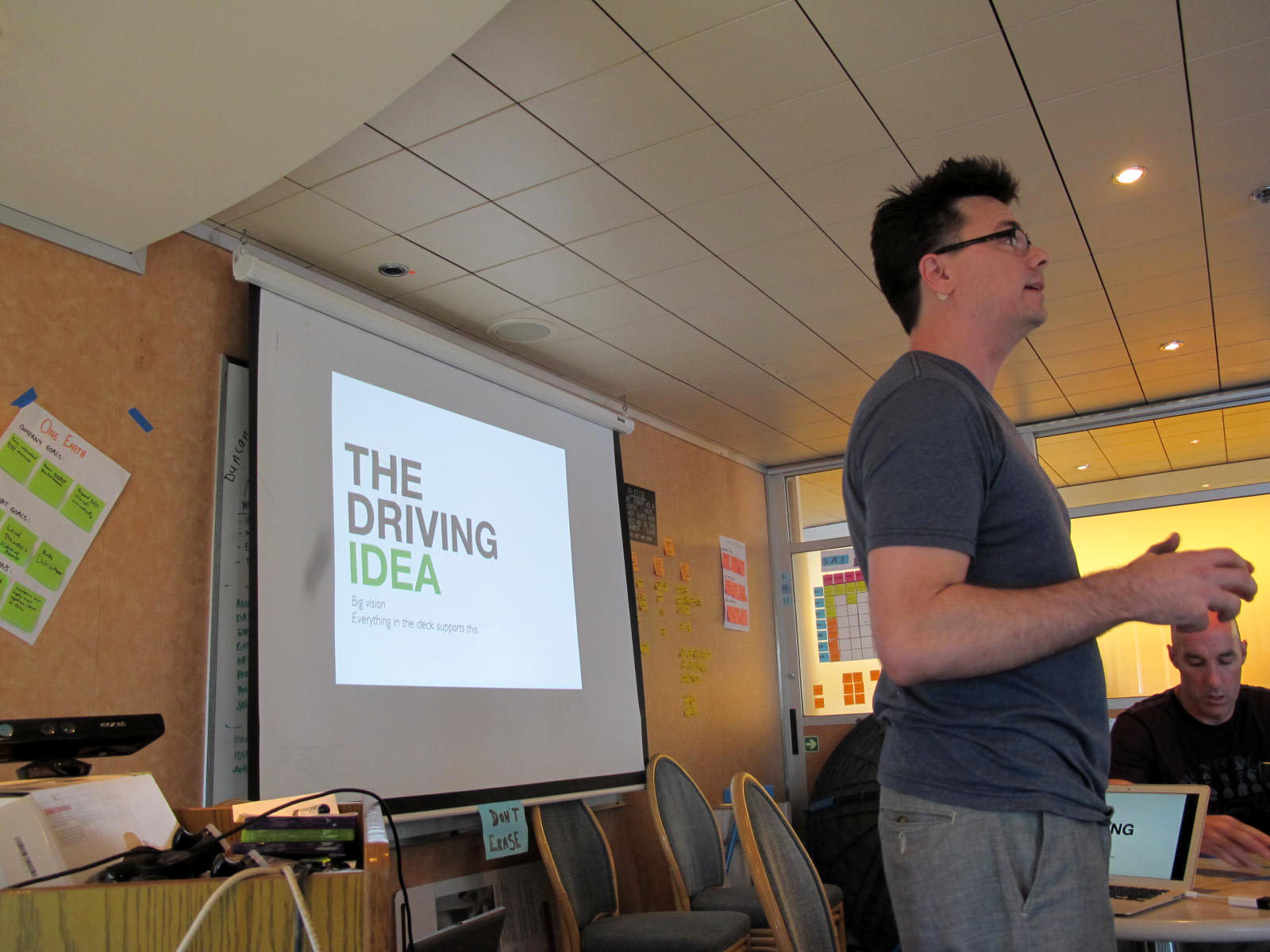
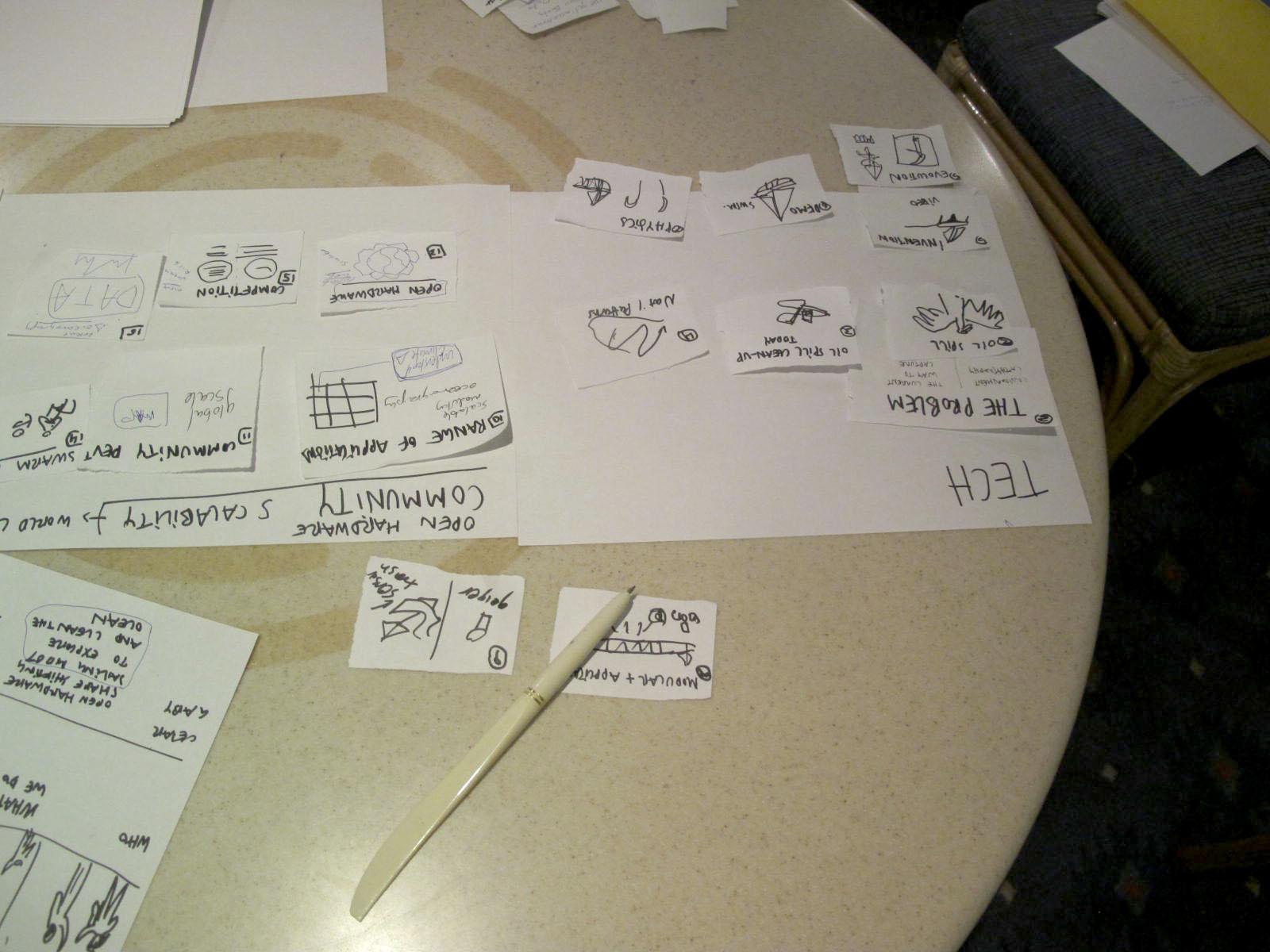
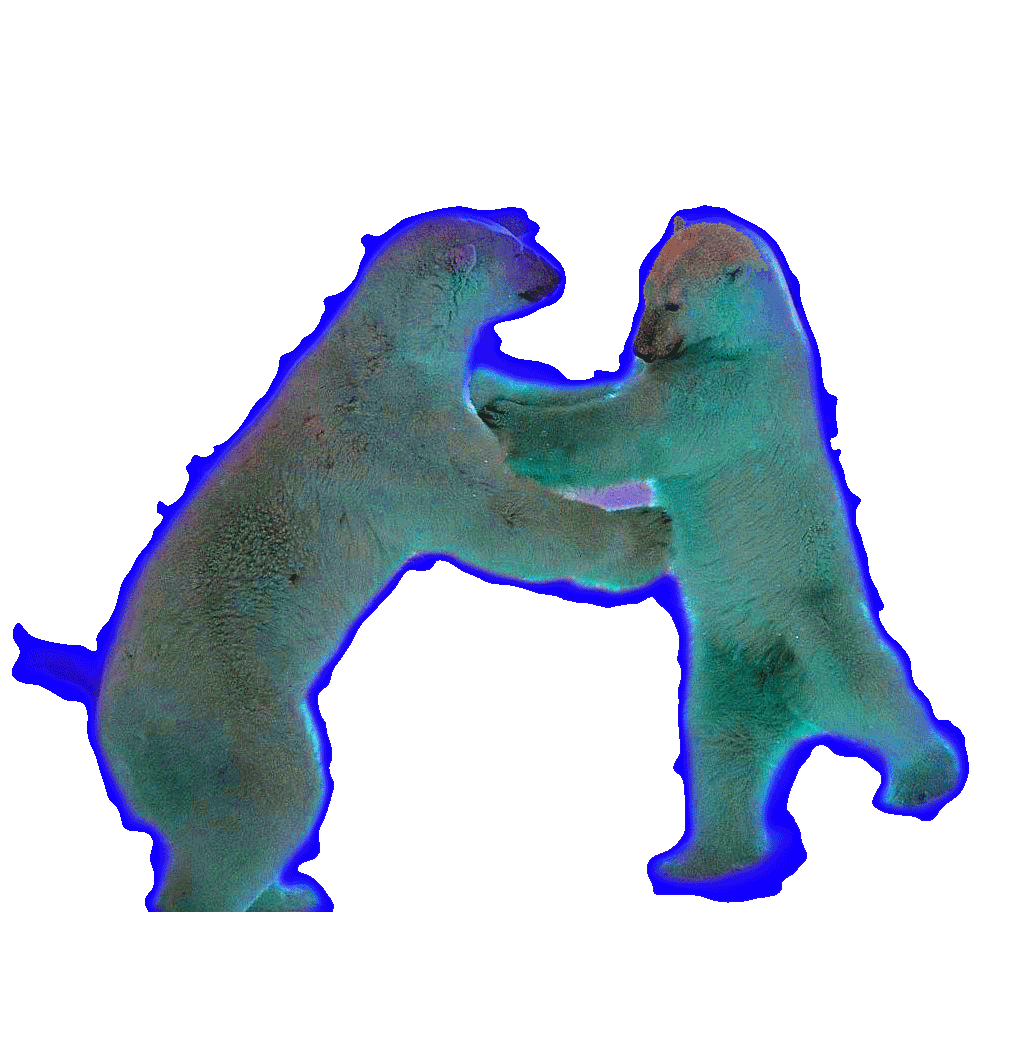
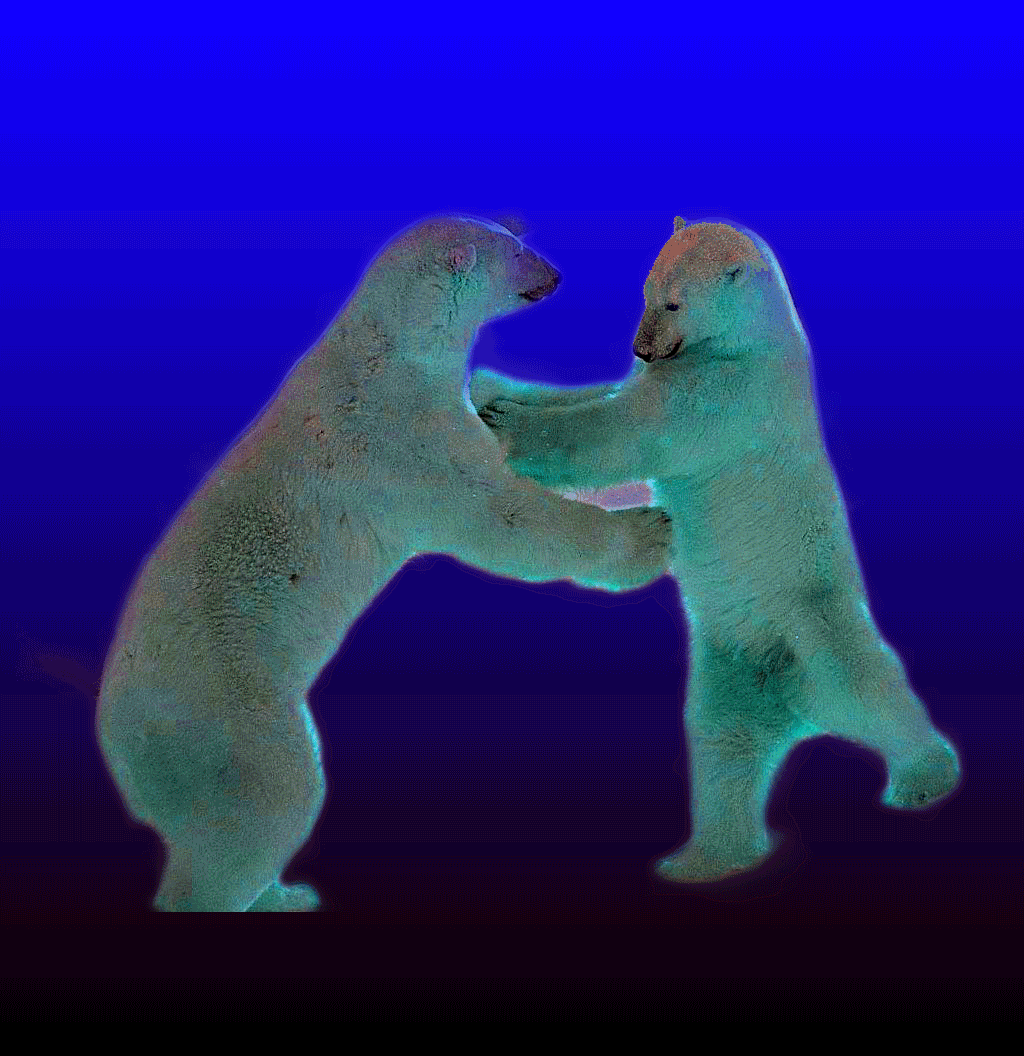
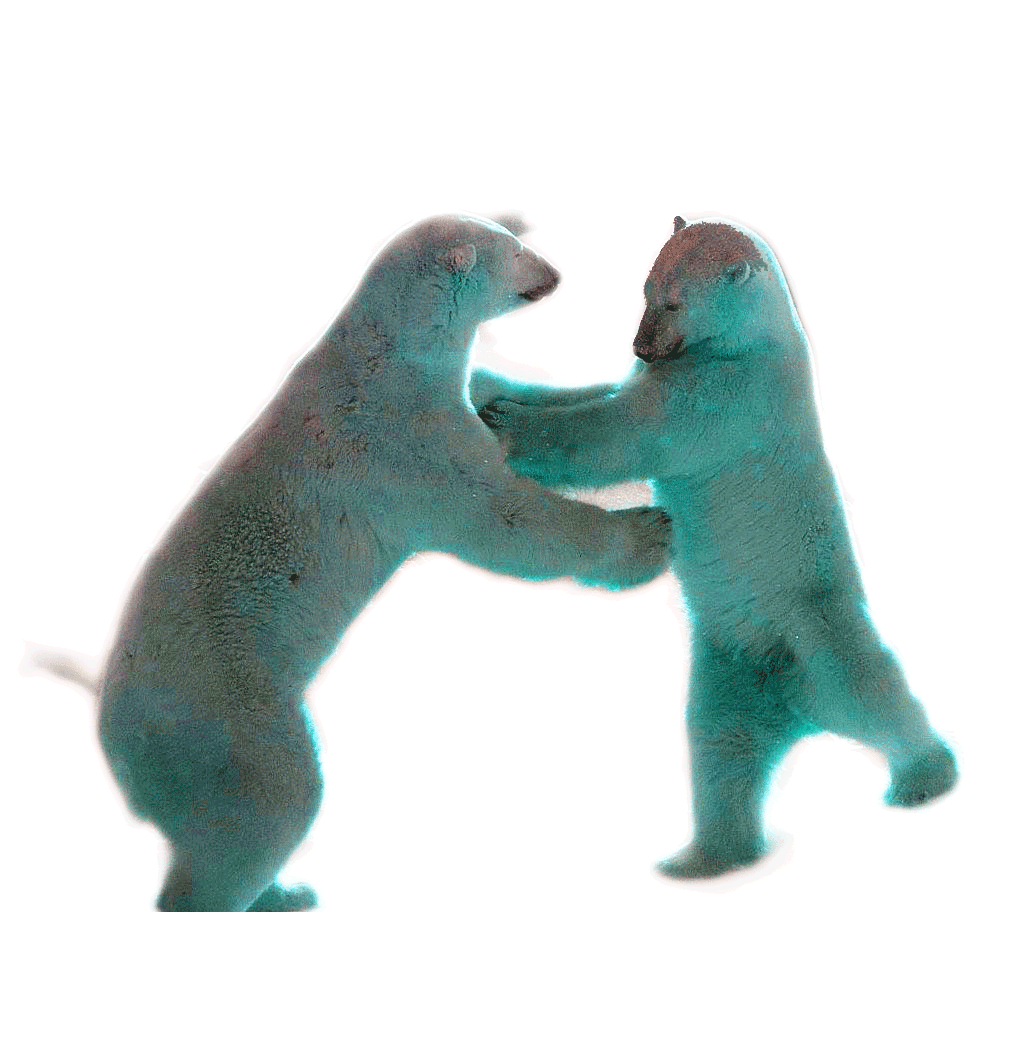
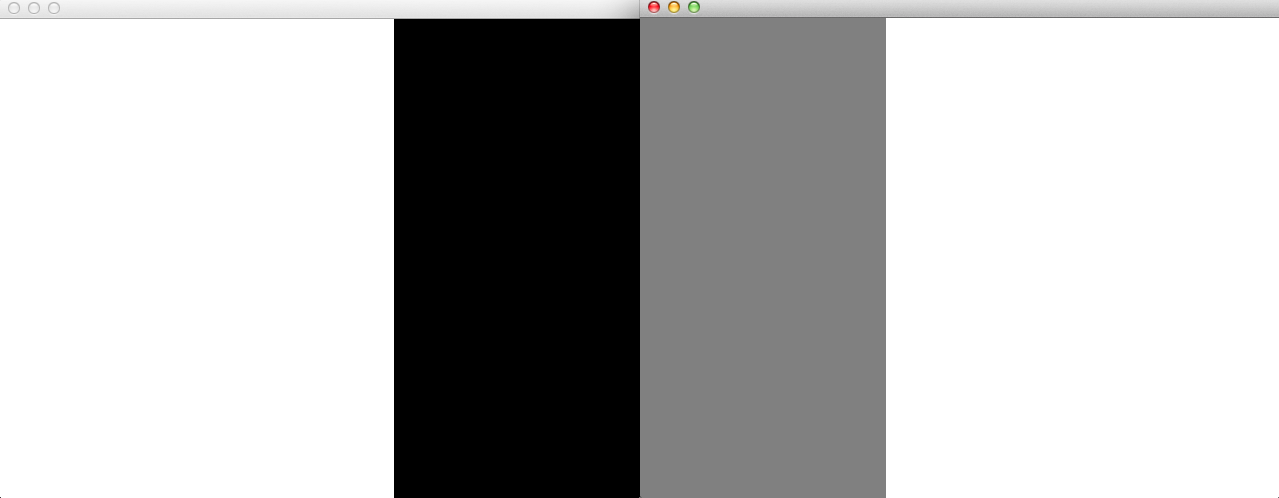
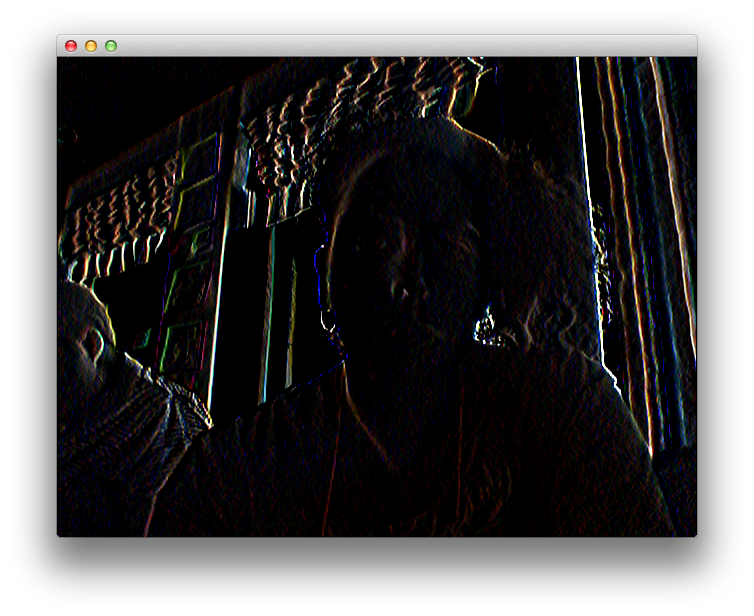
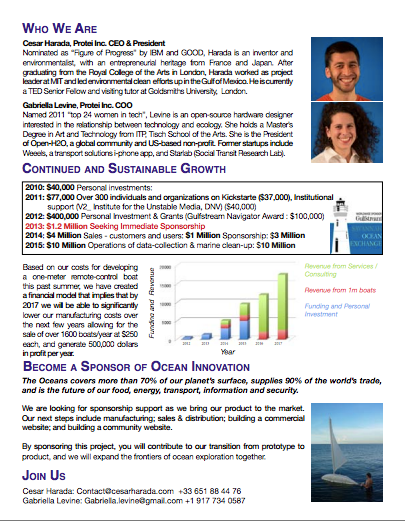
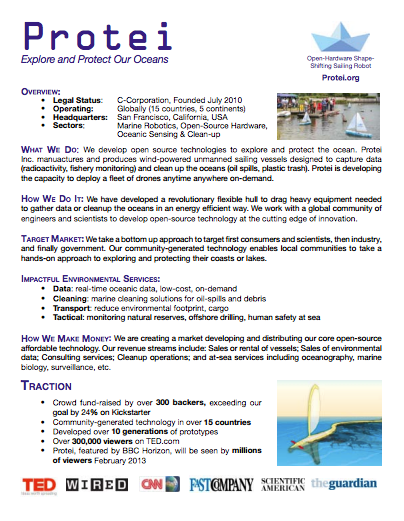

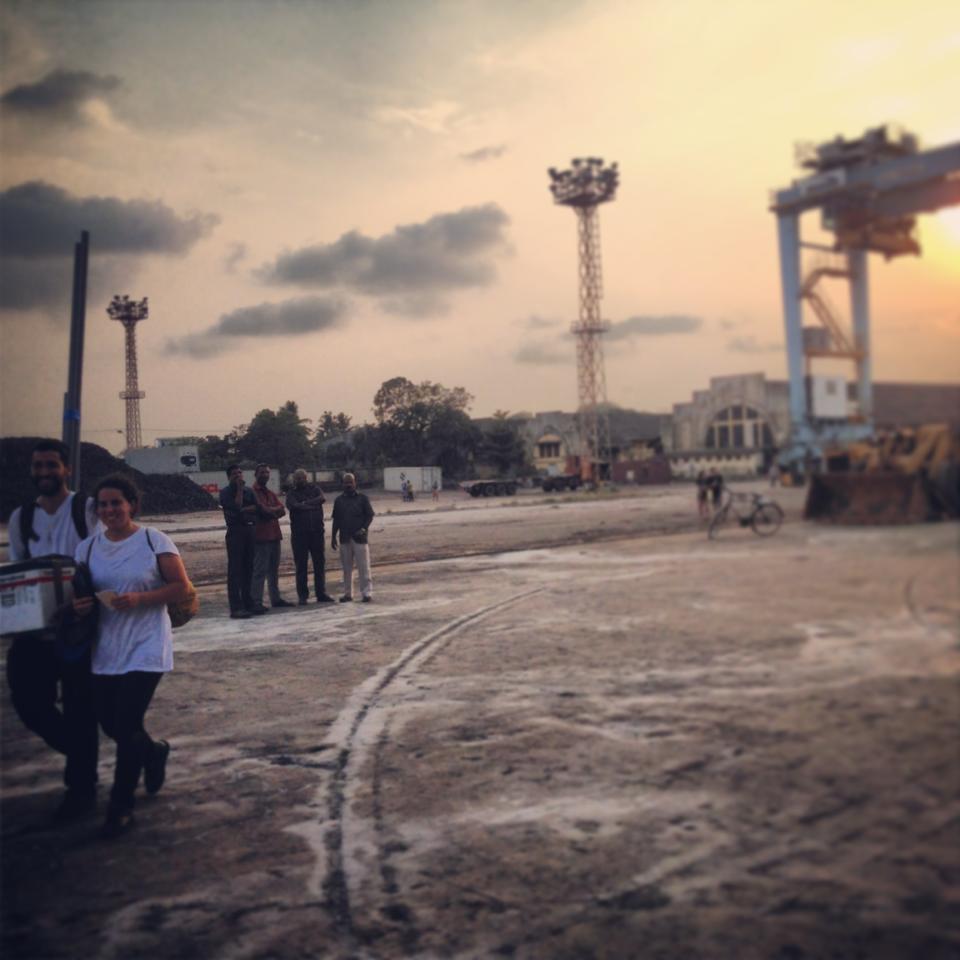






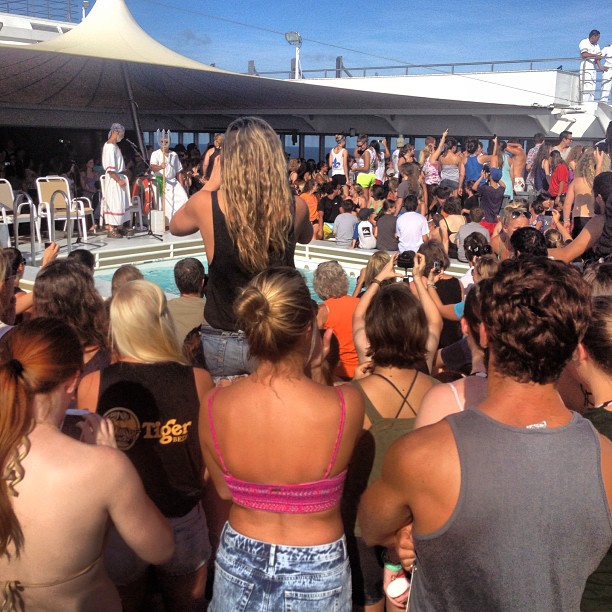
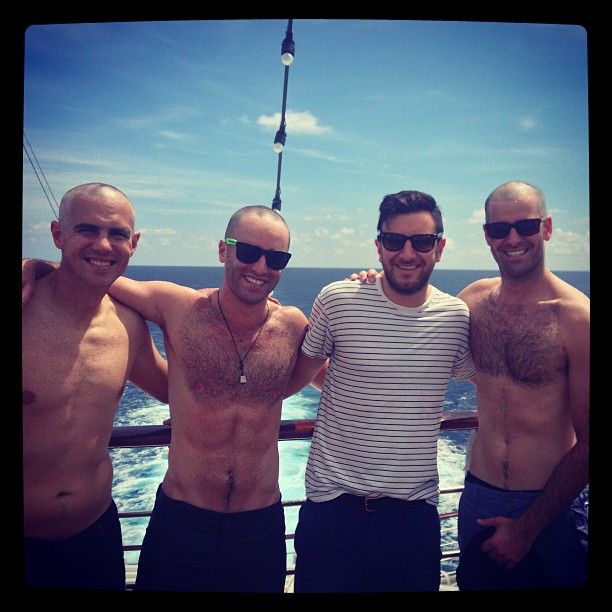
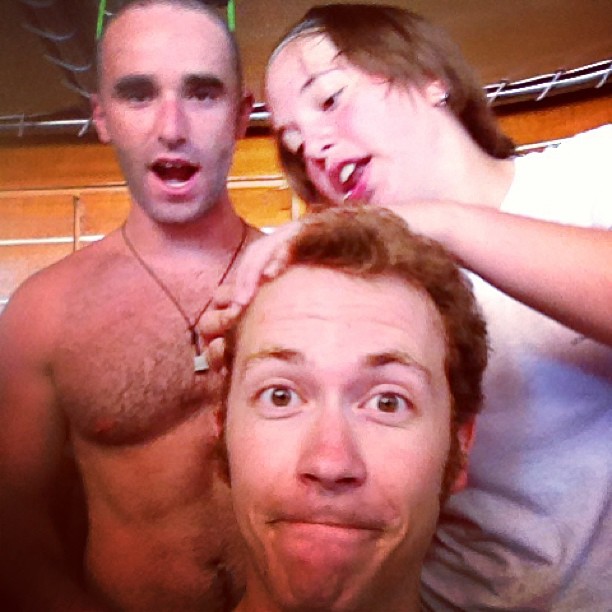
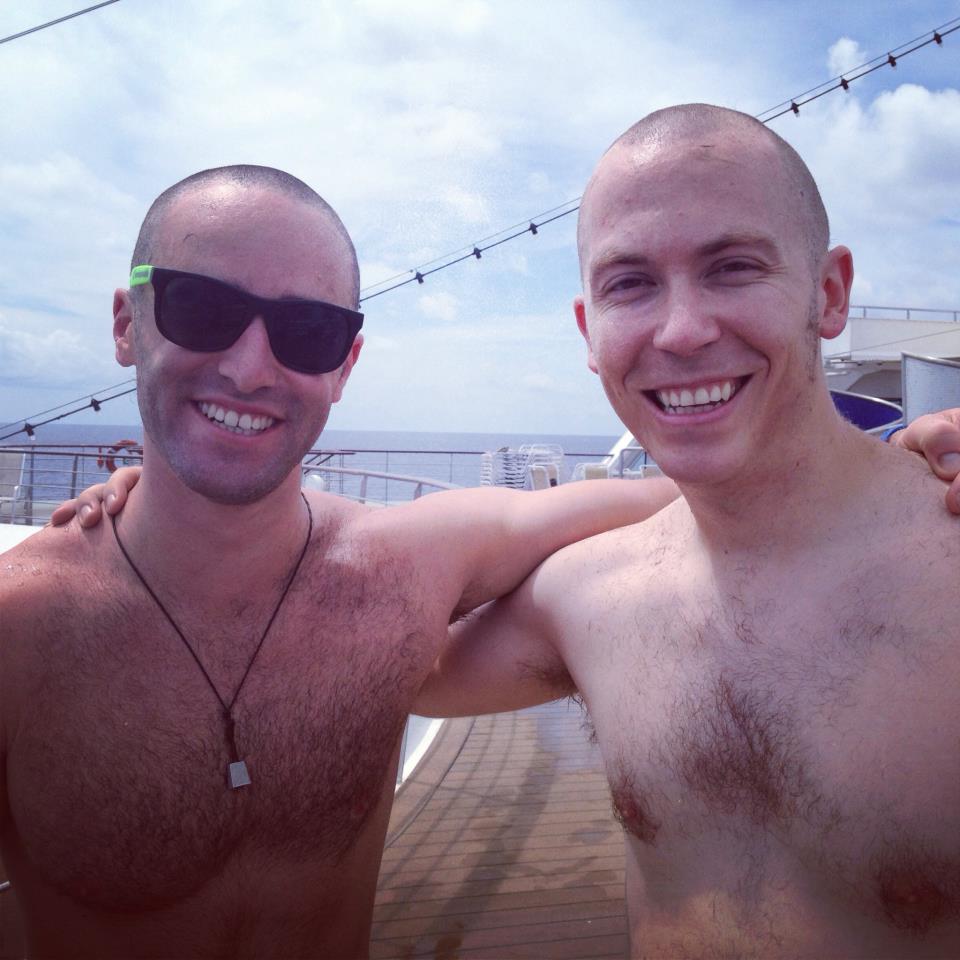
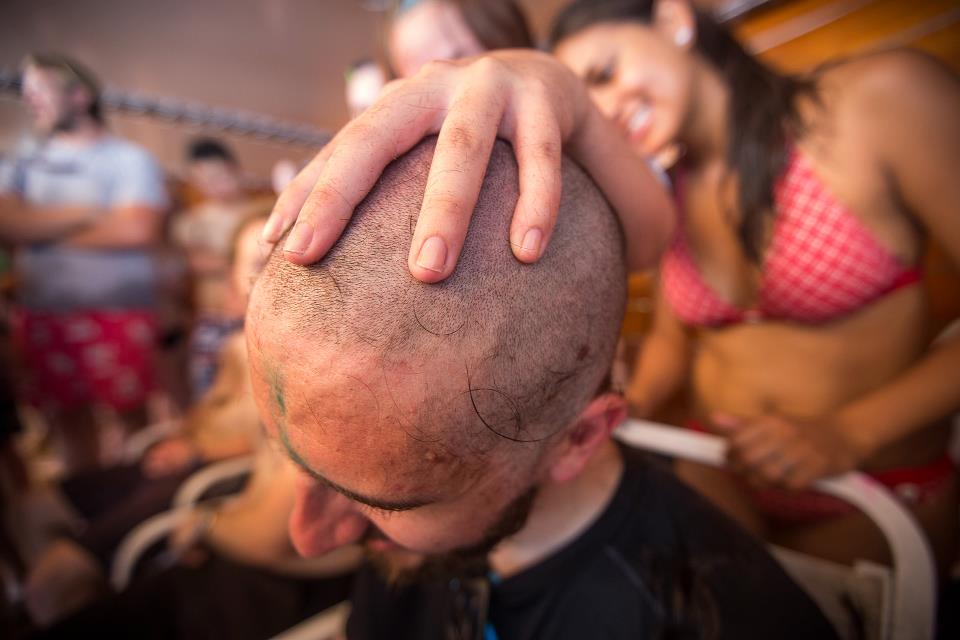




























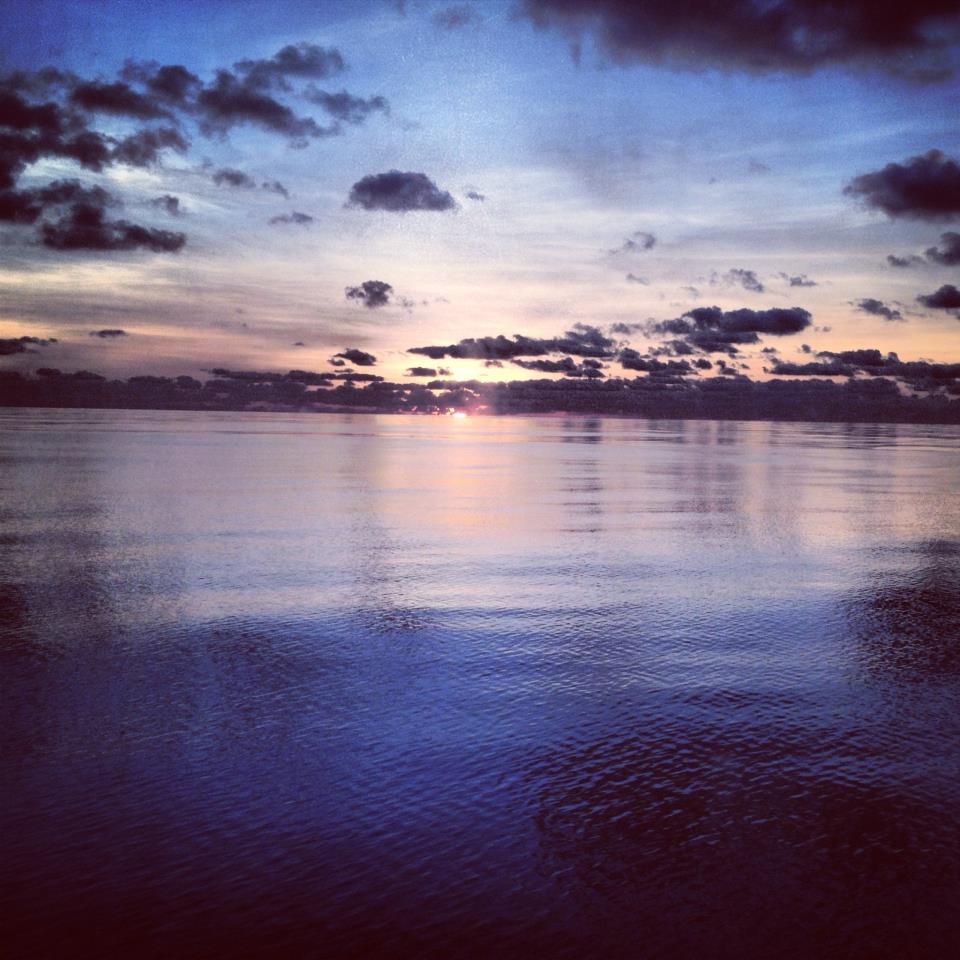



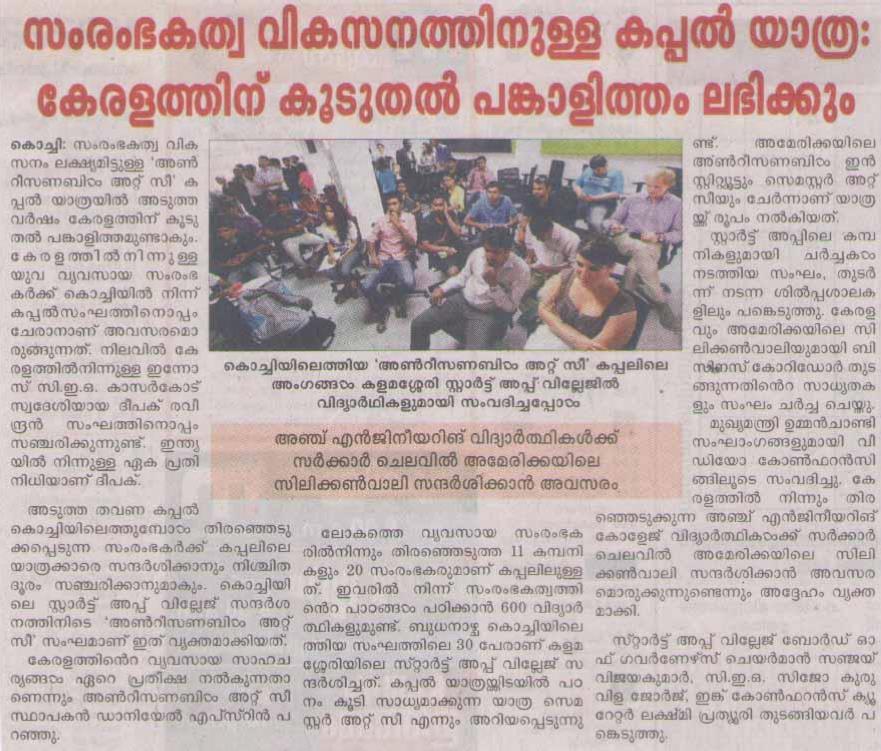
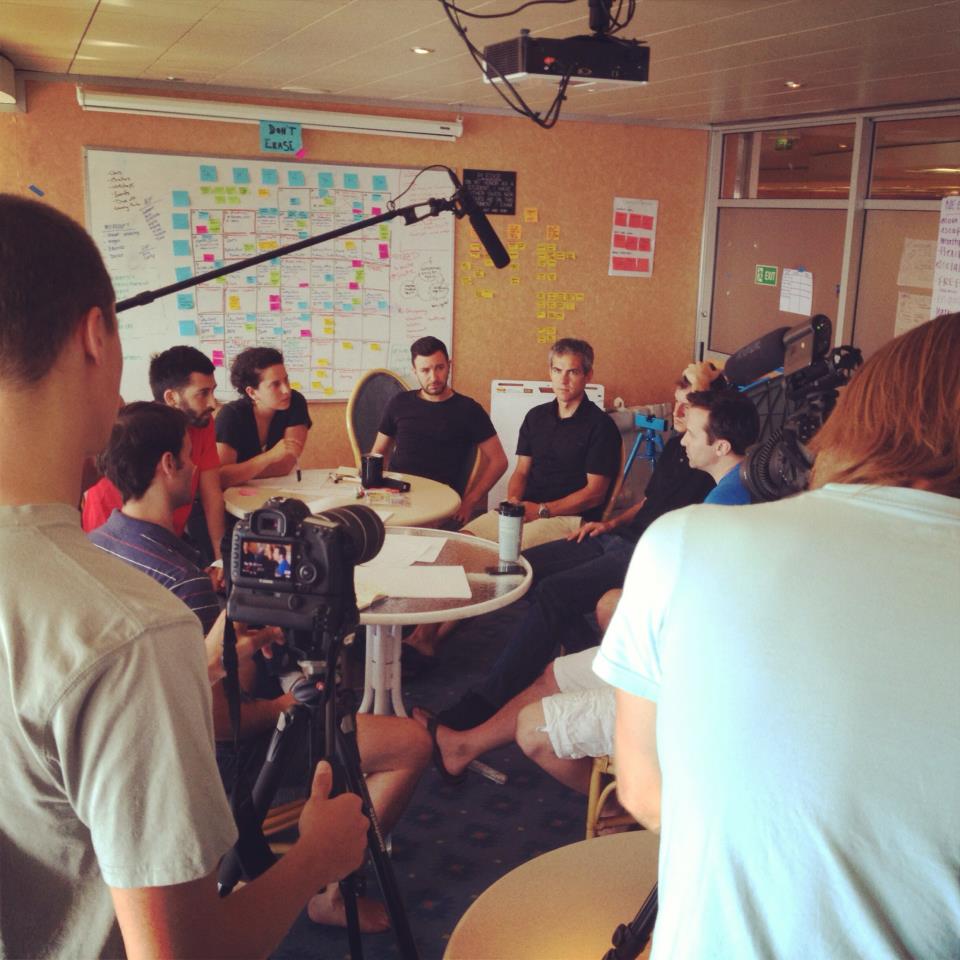














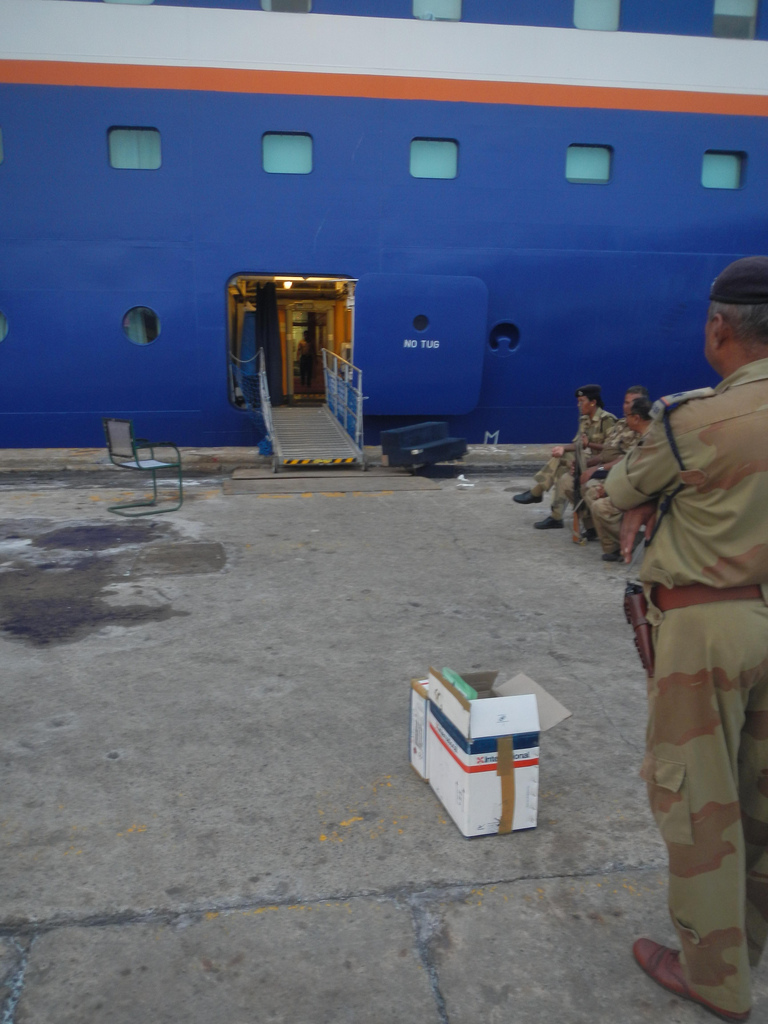
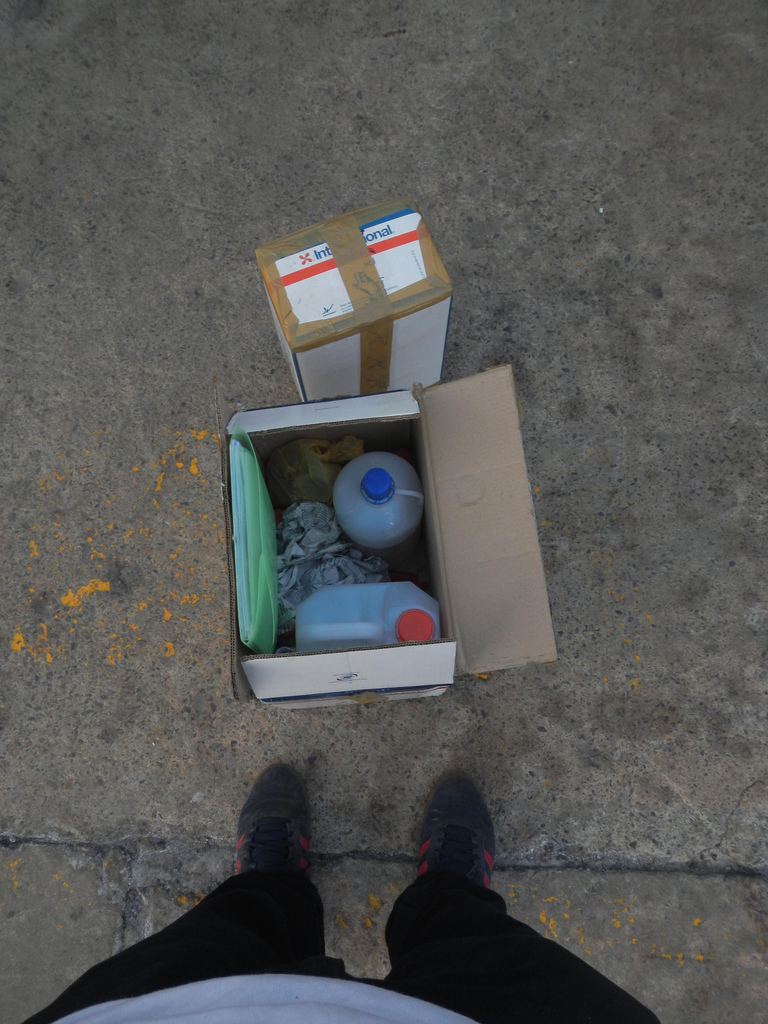
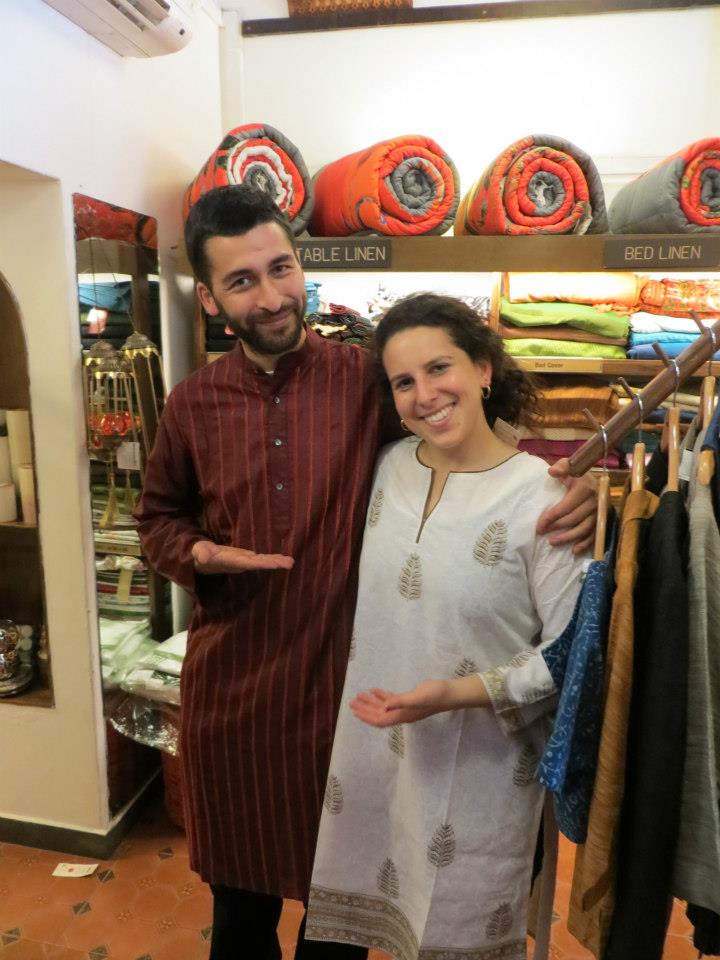
Comments
0 Responses to Fueling Innovation Through Shared Technology